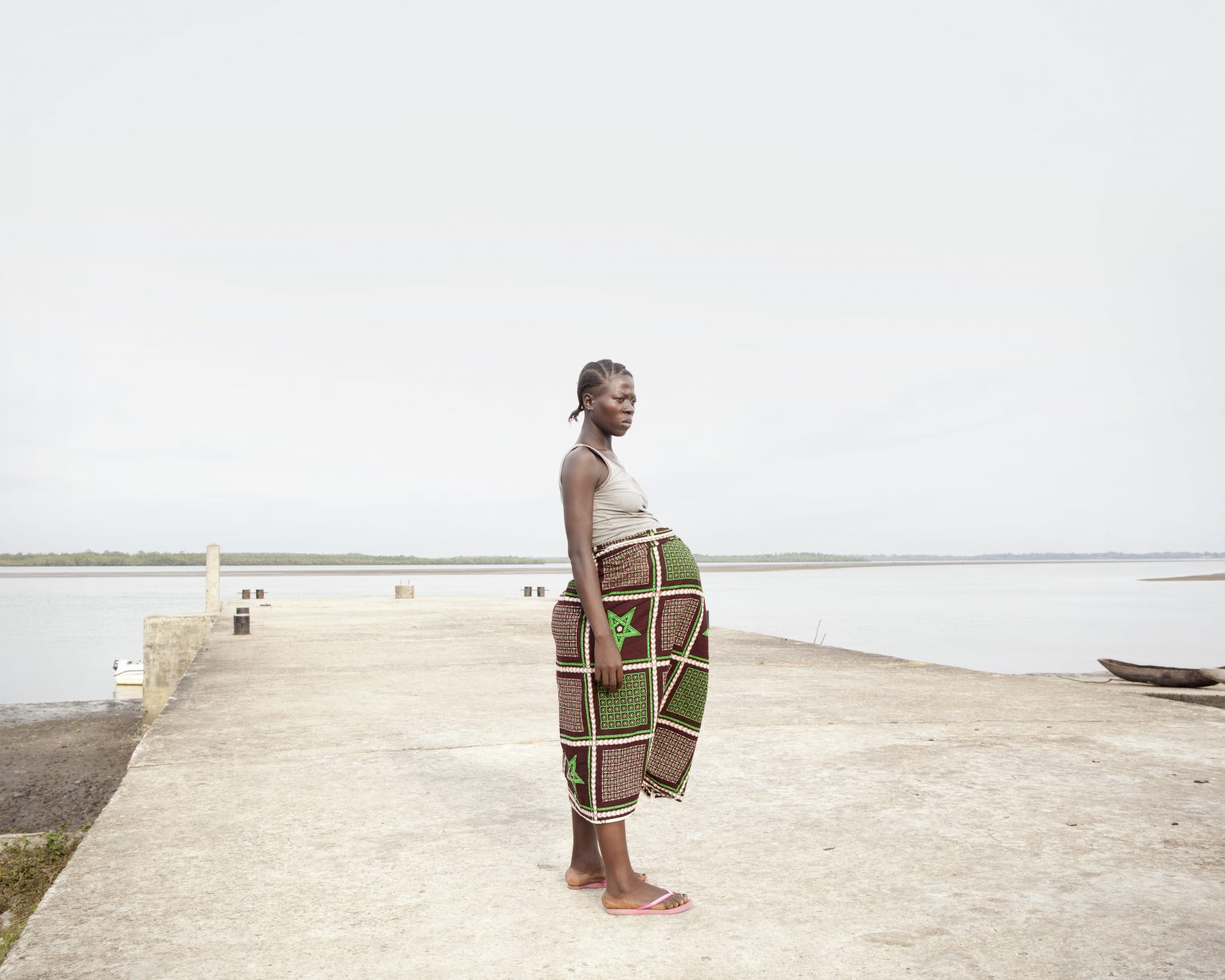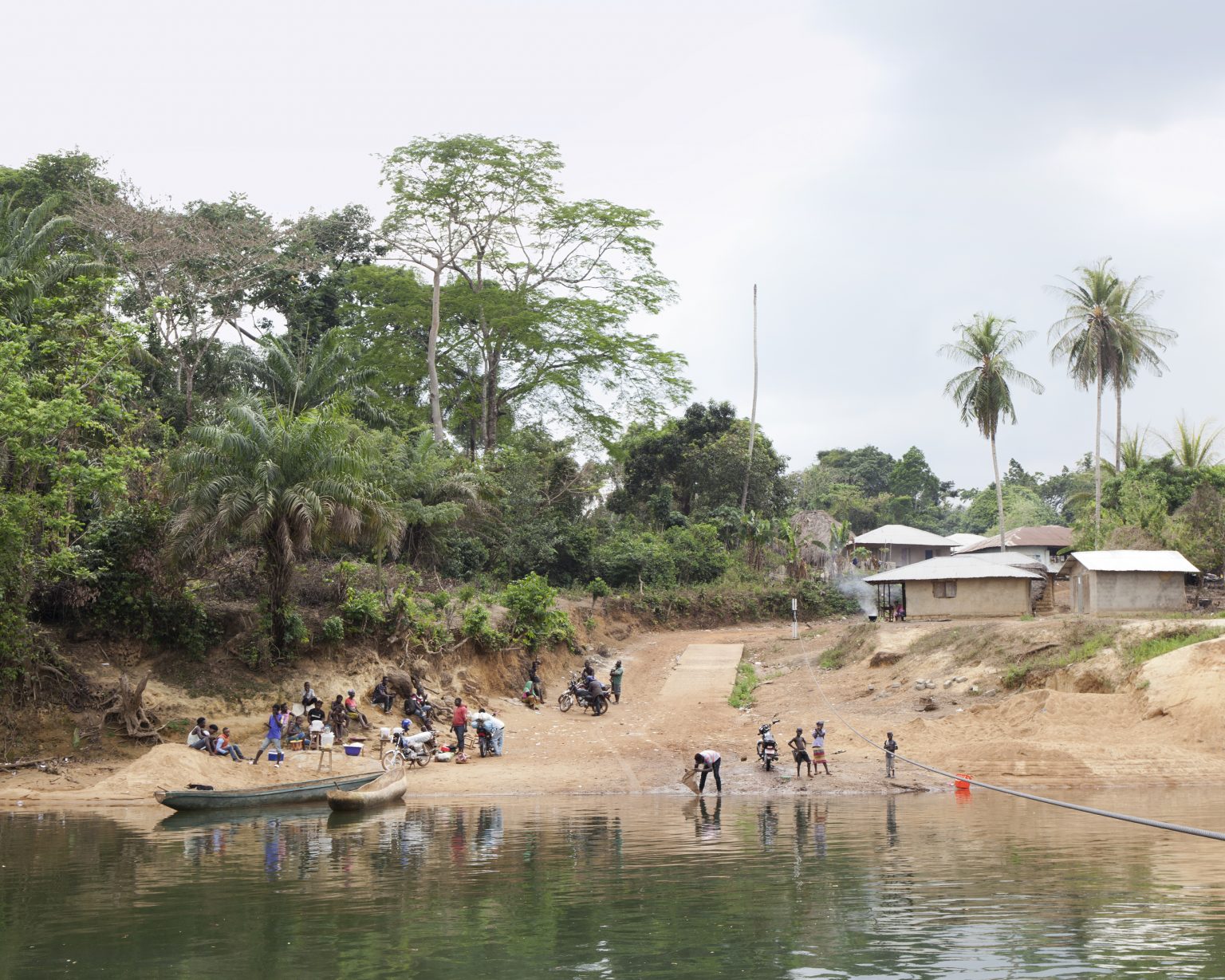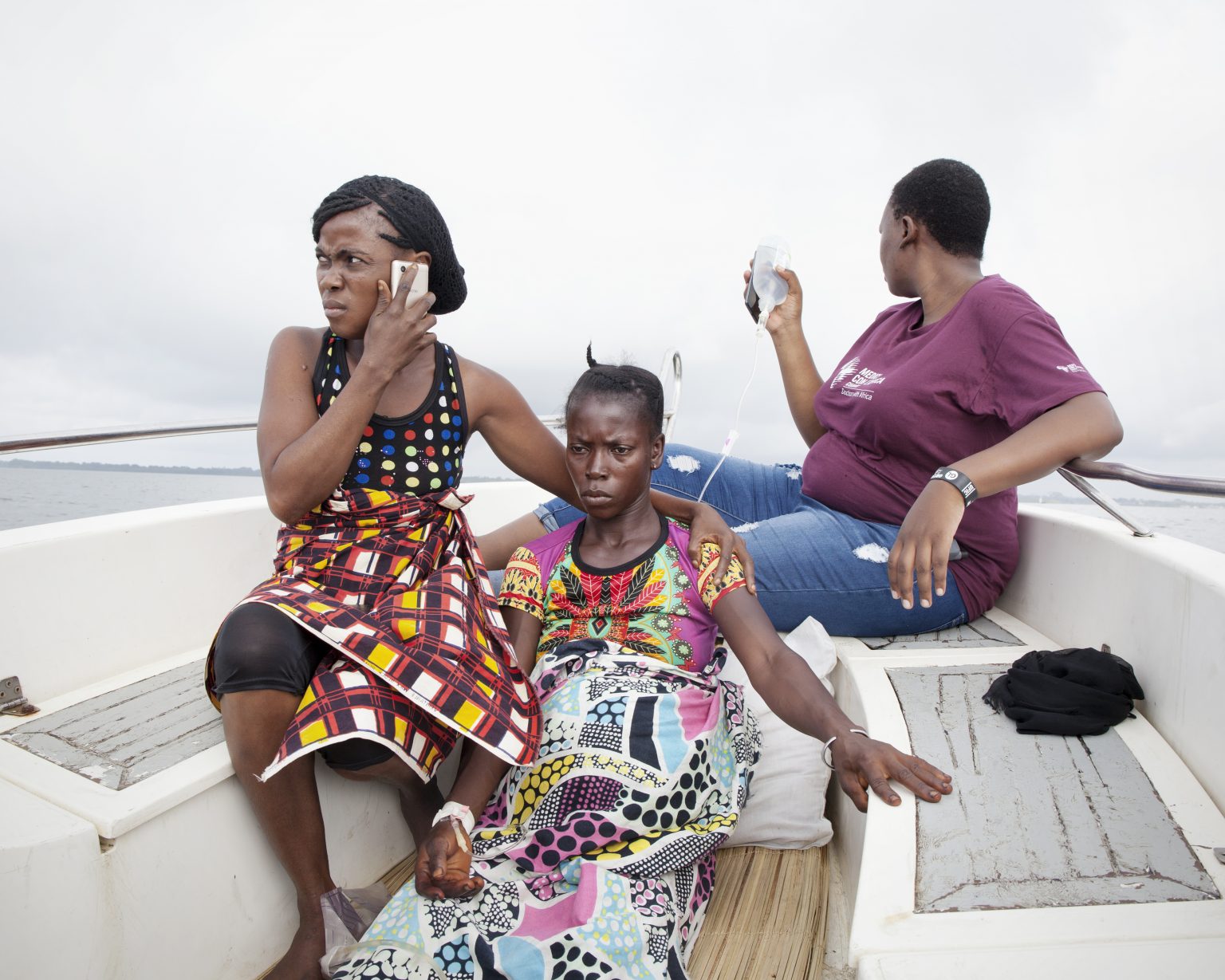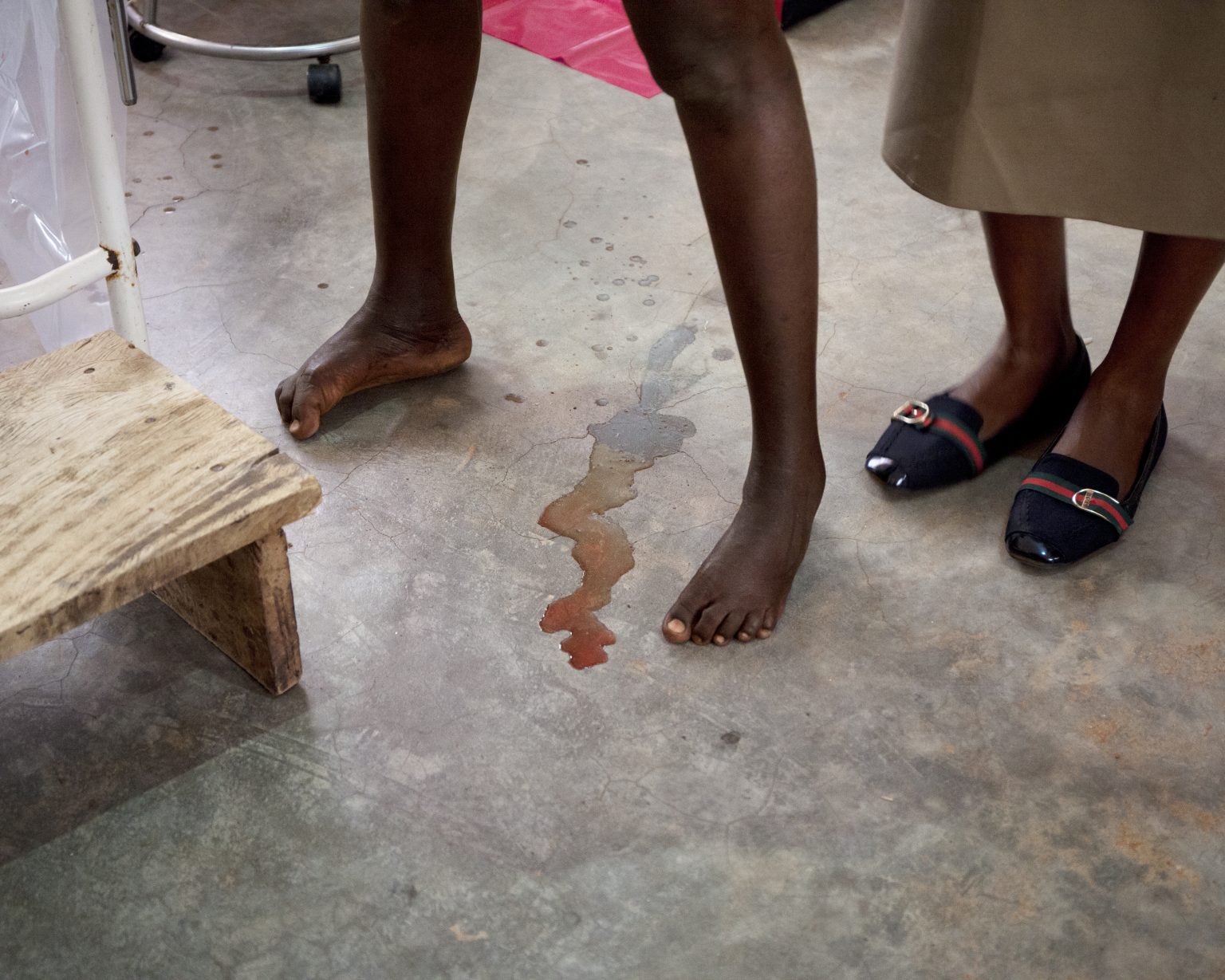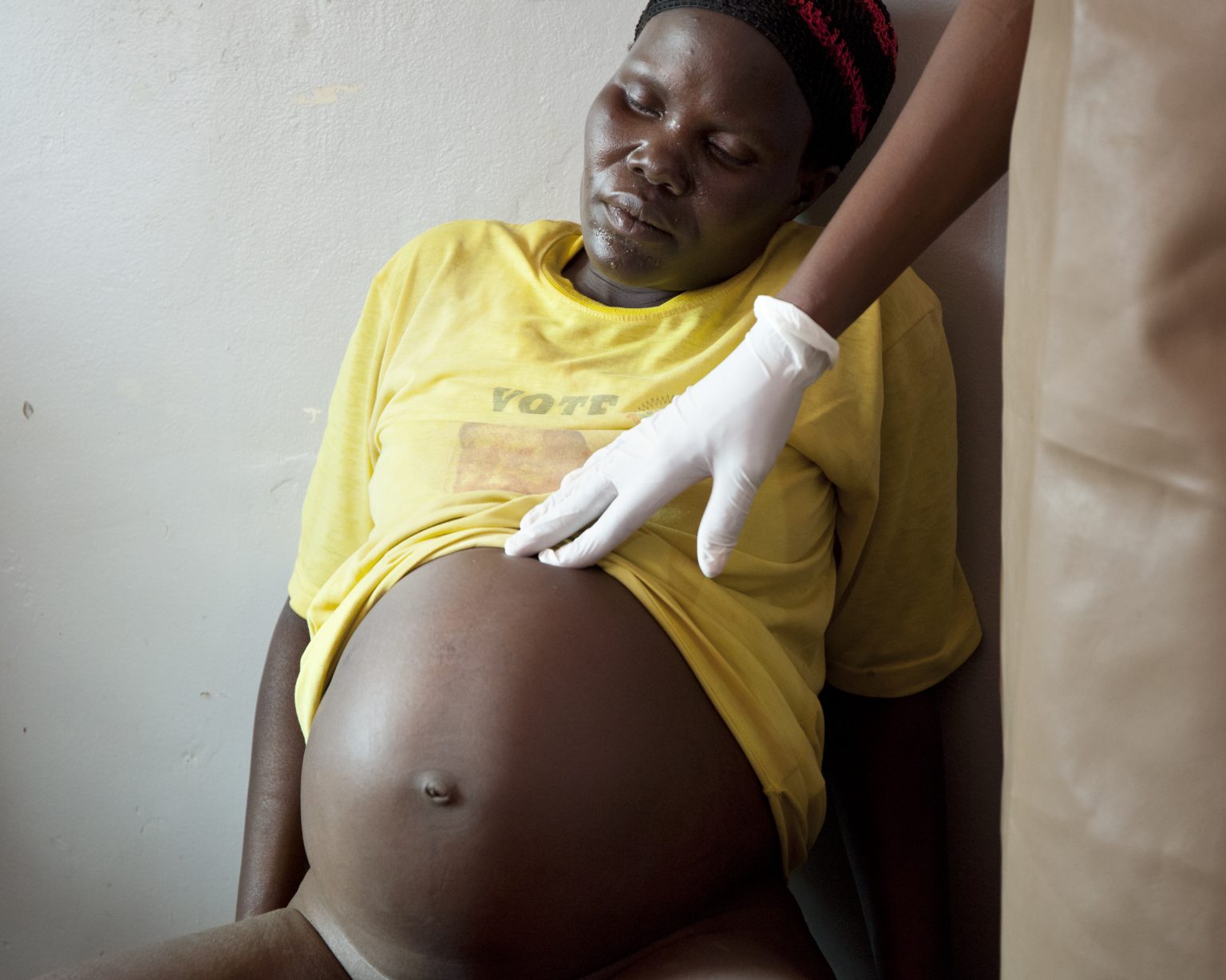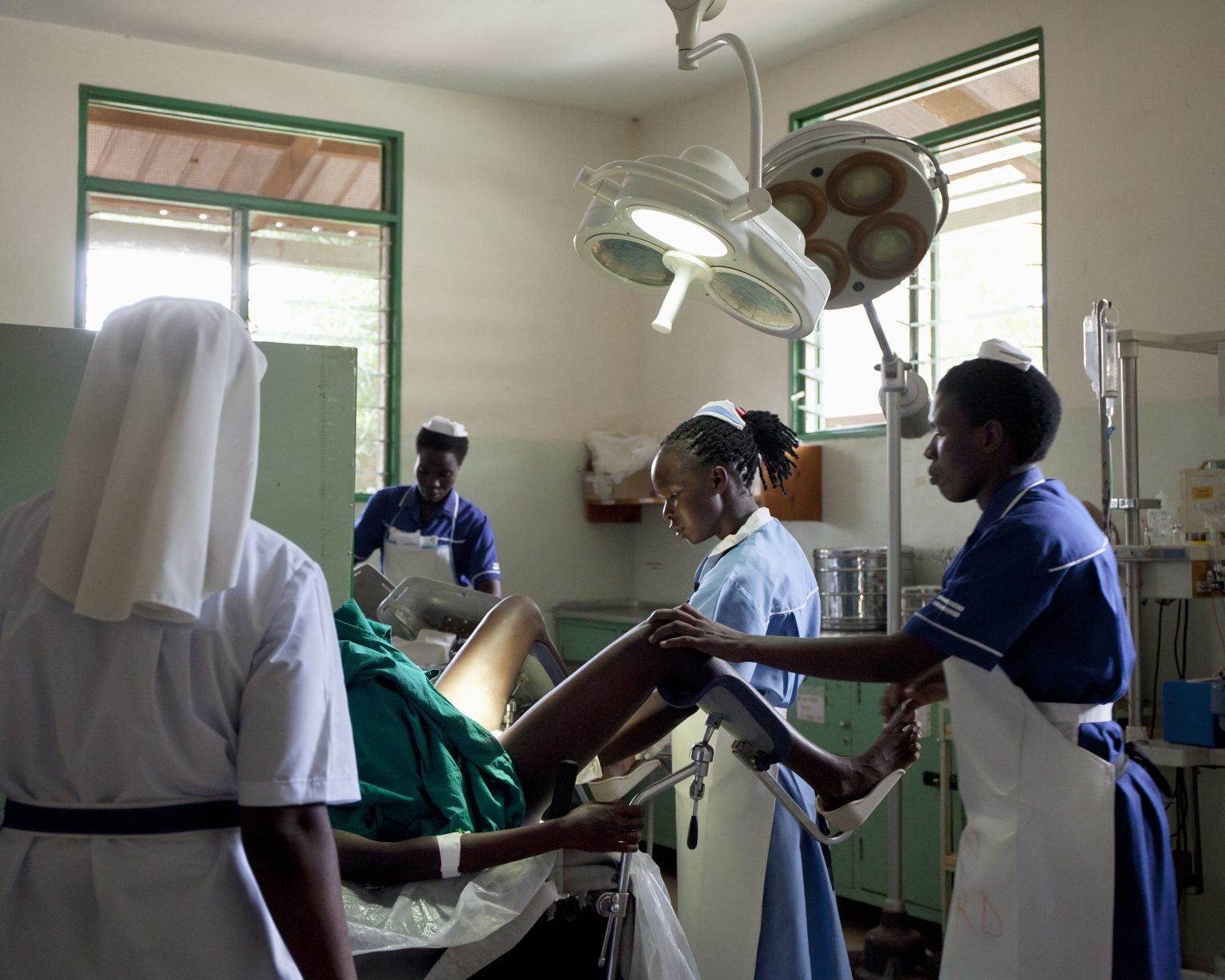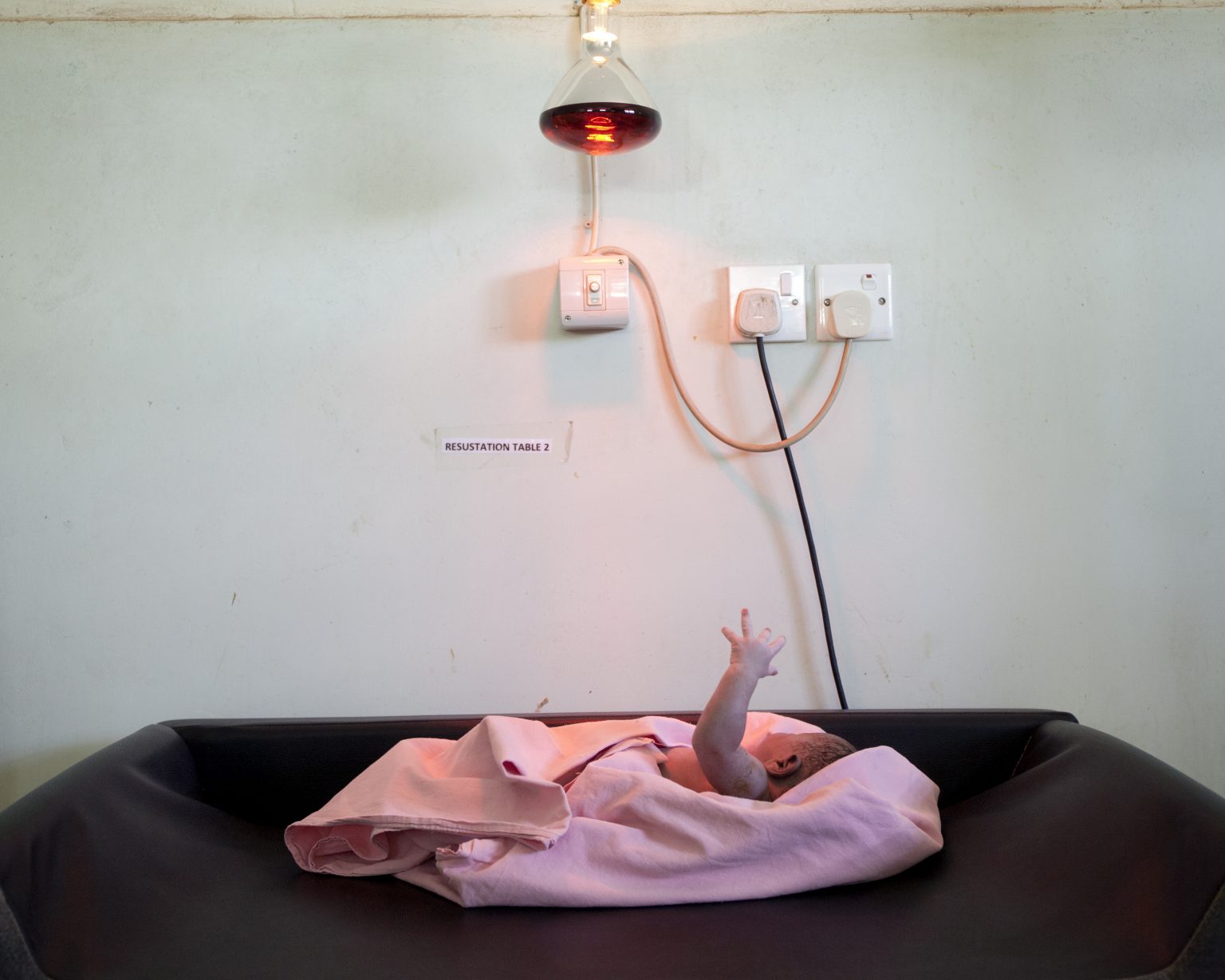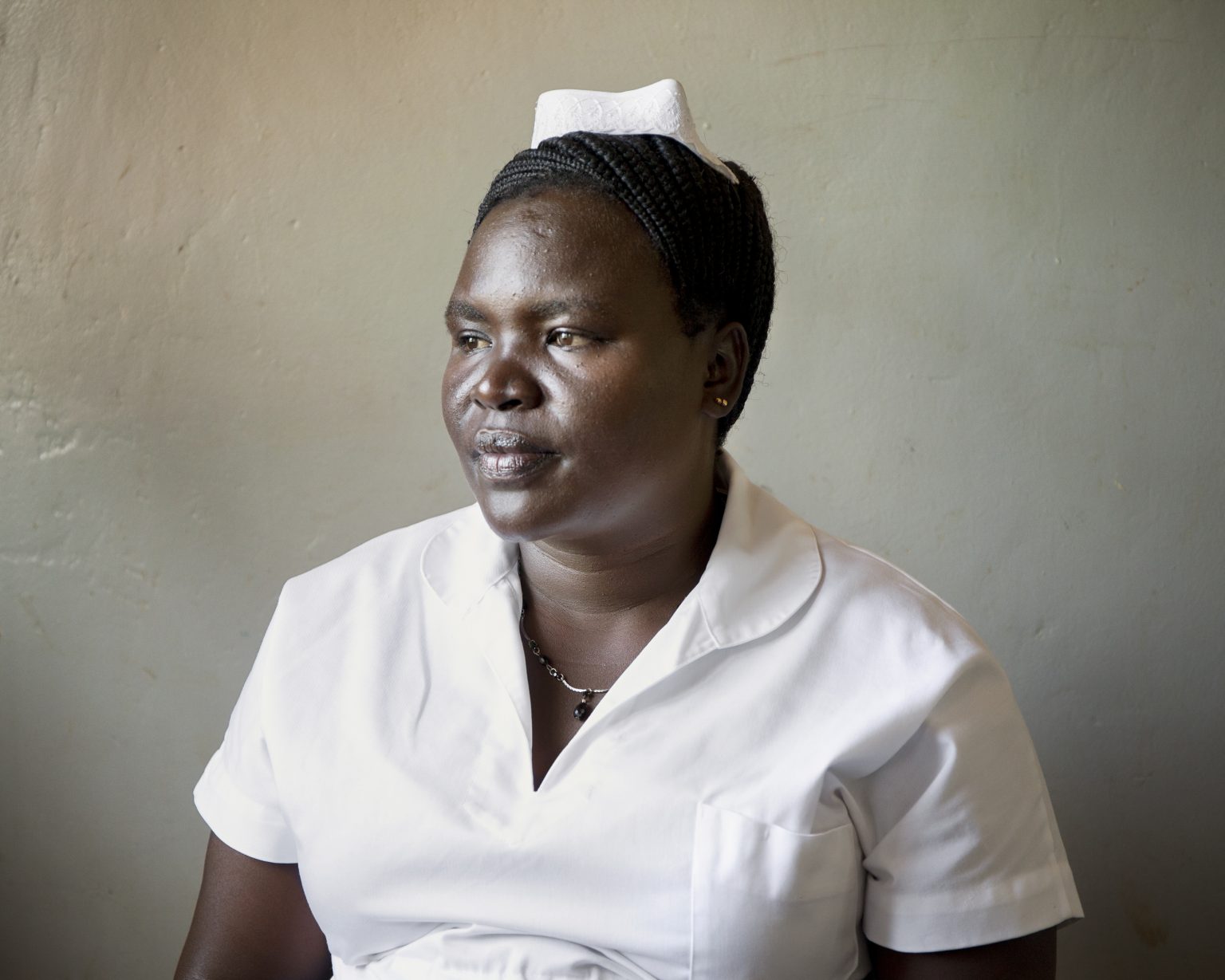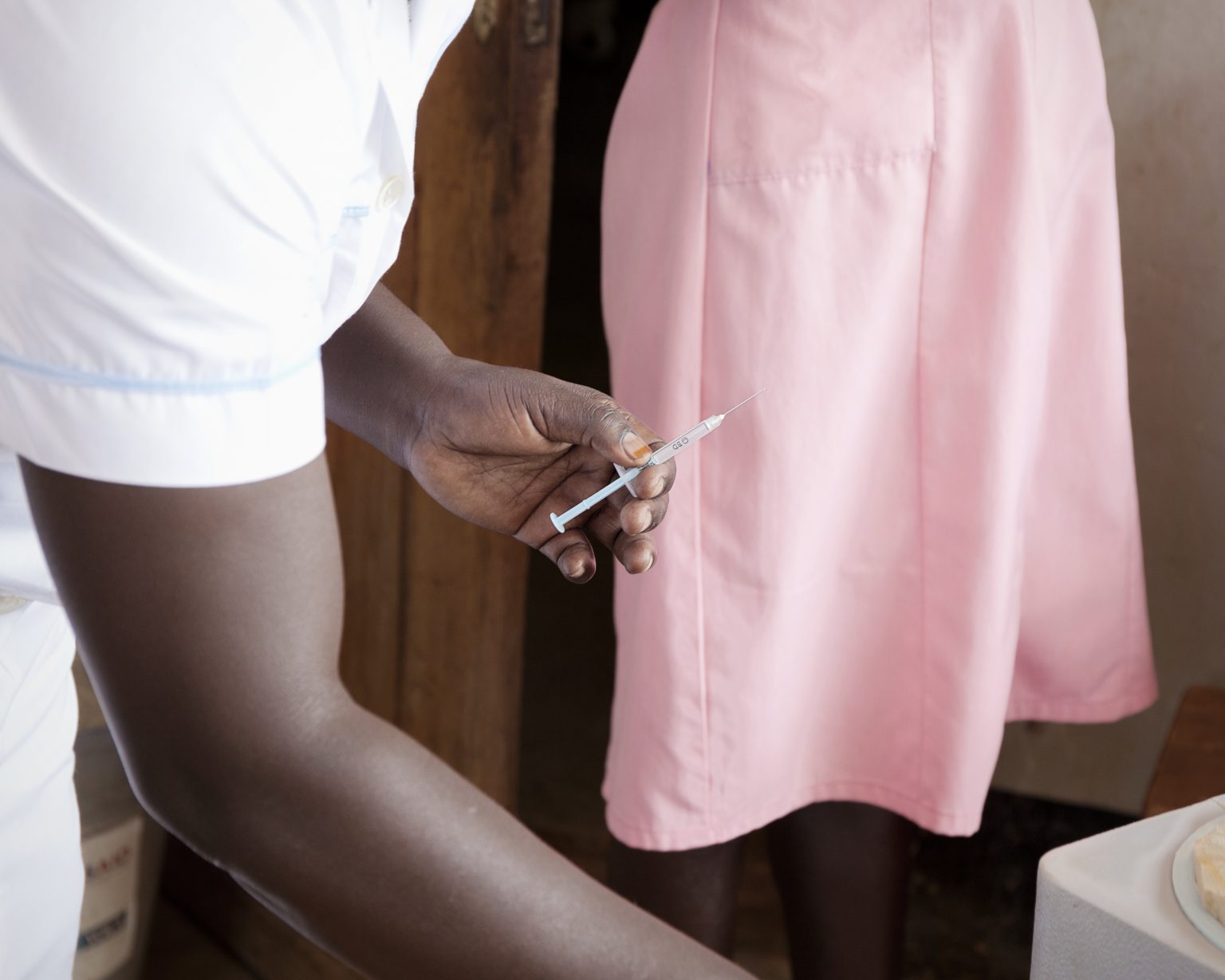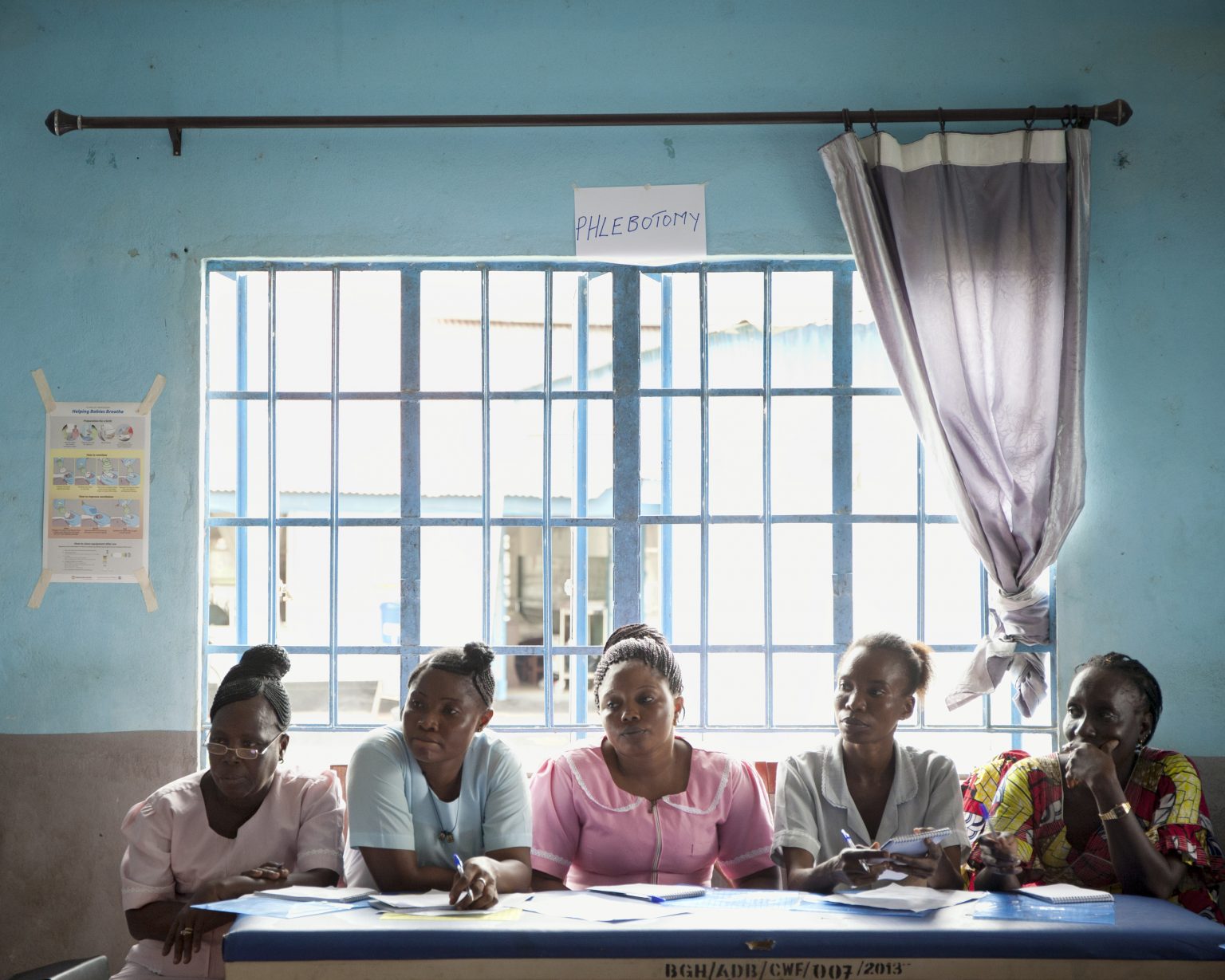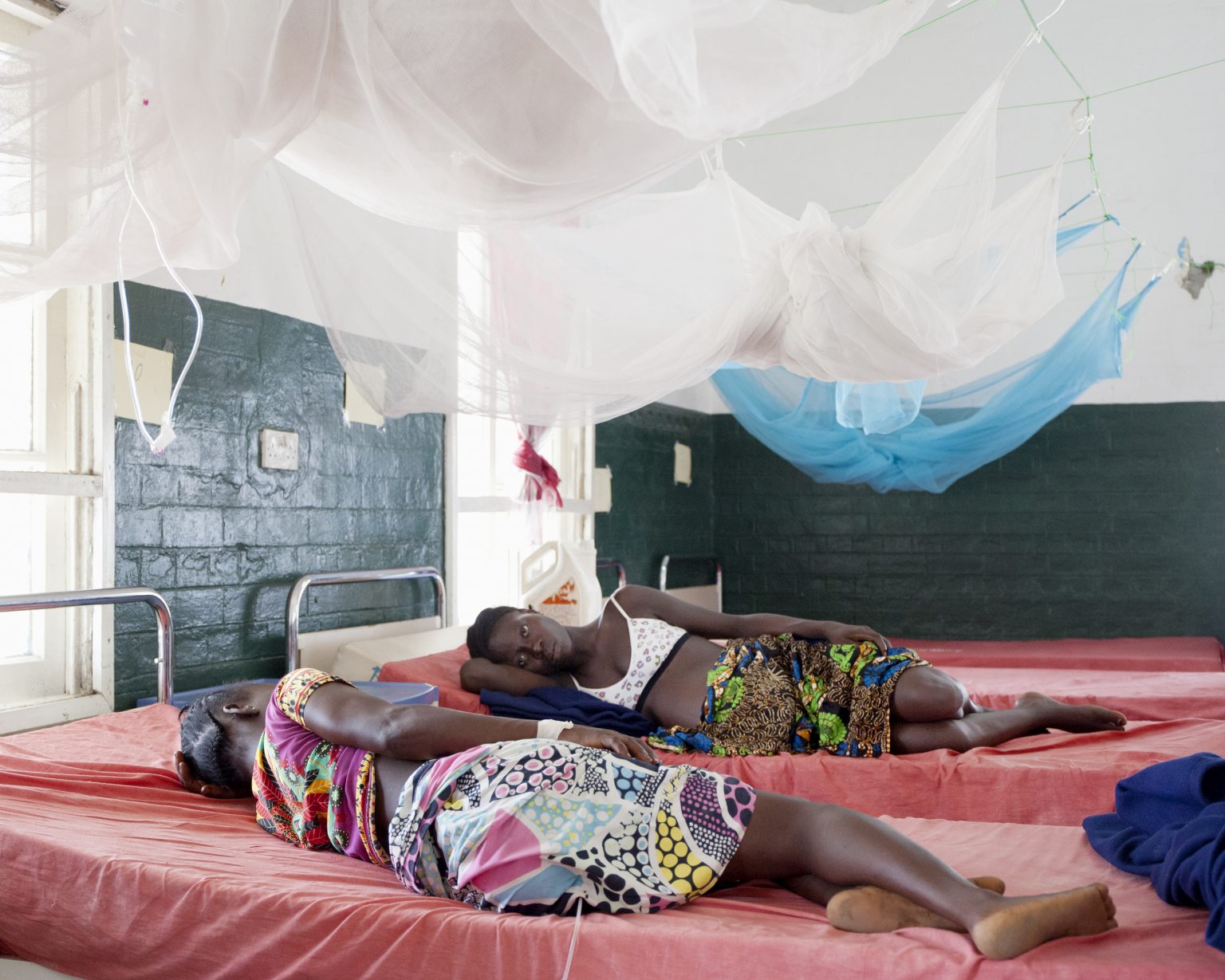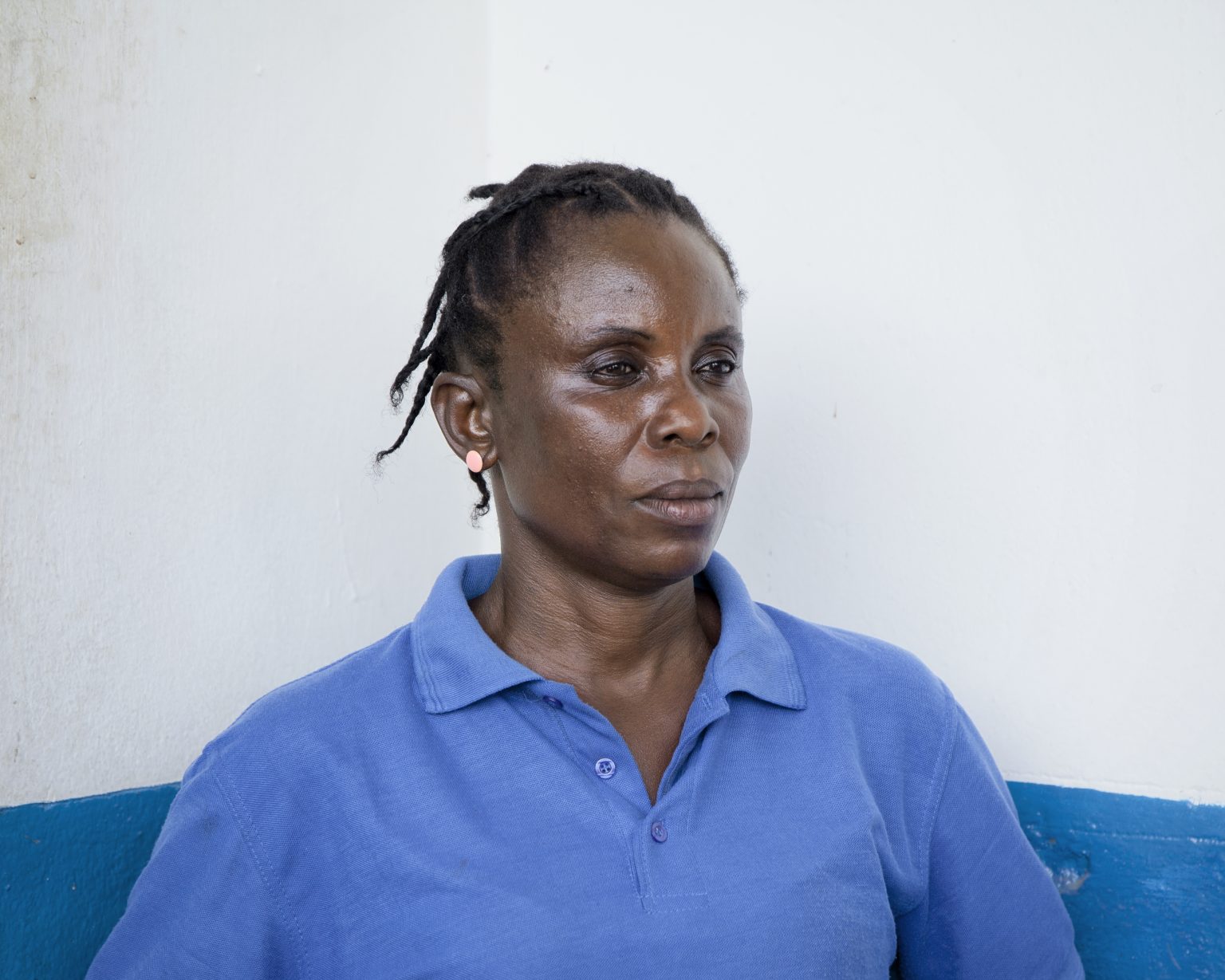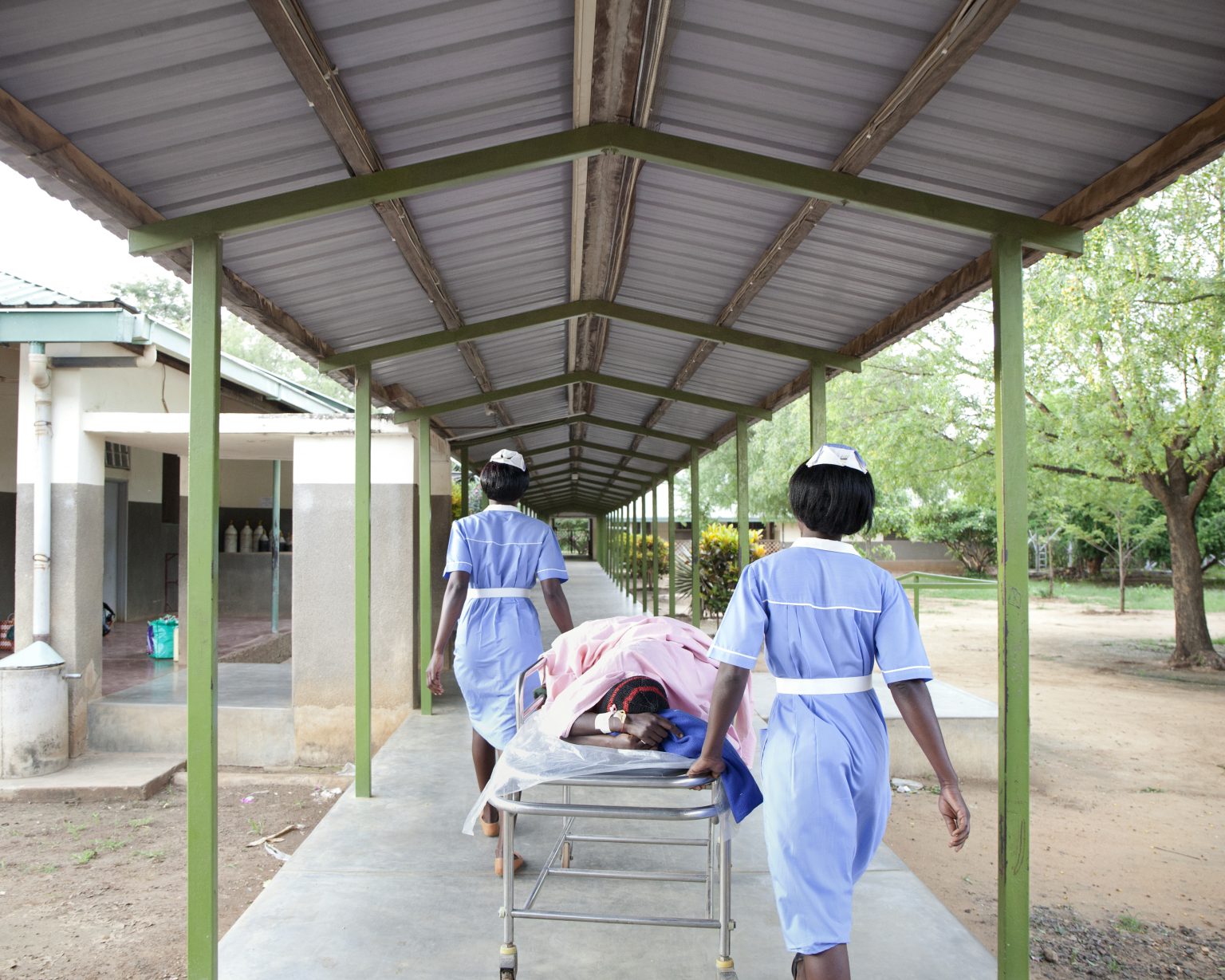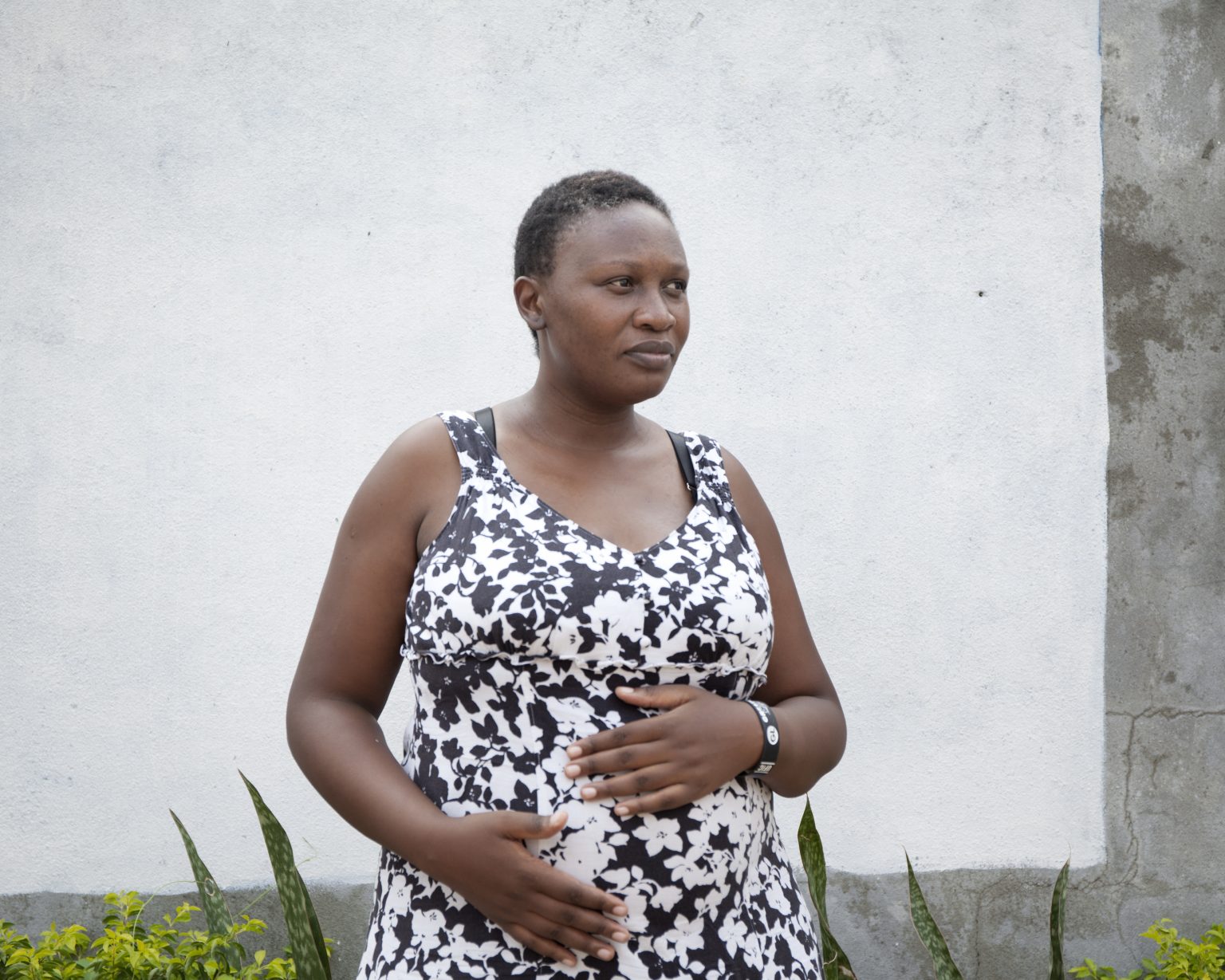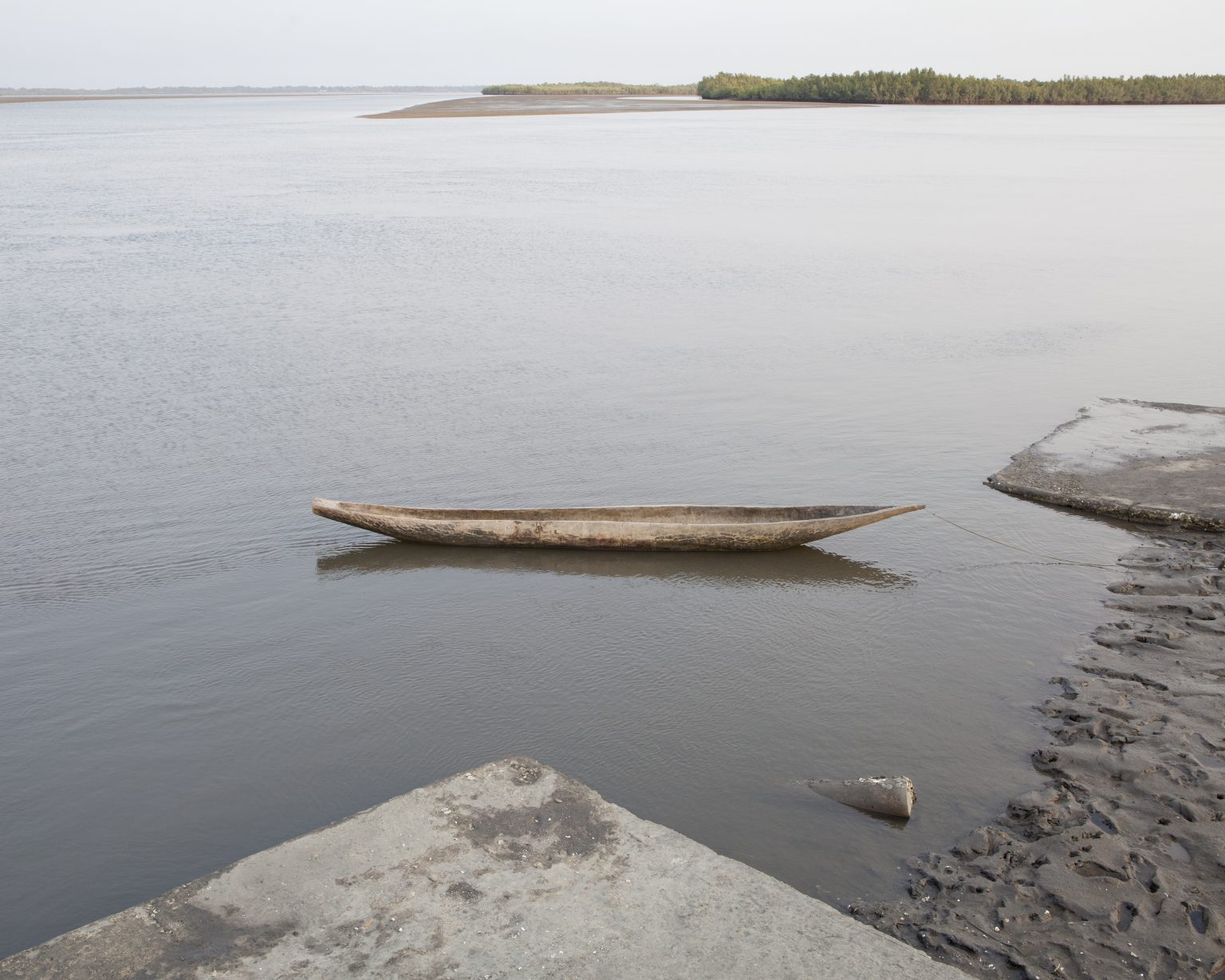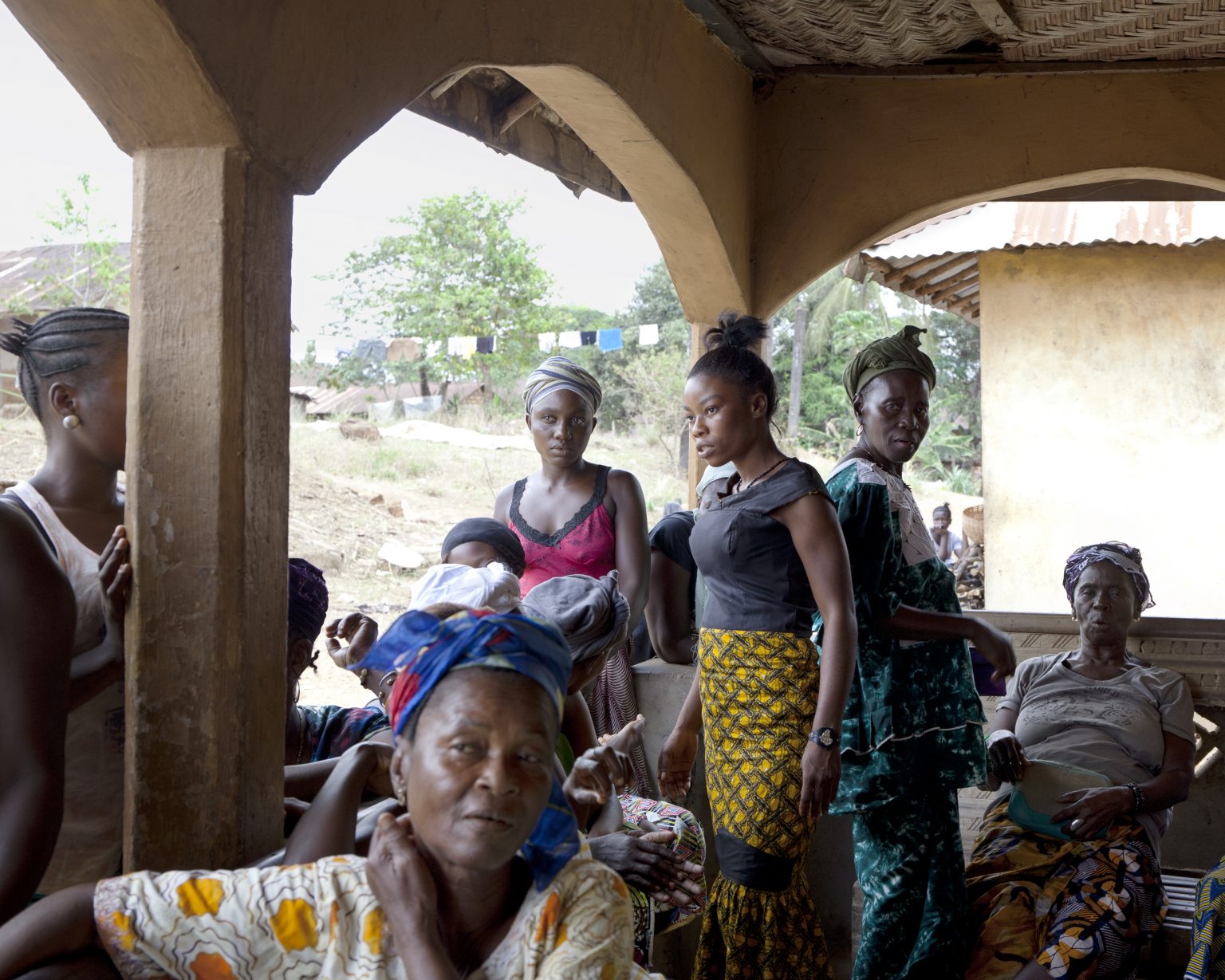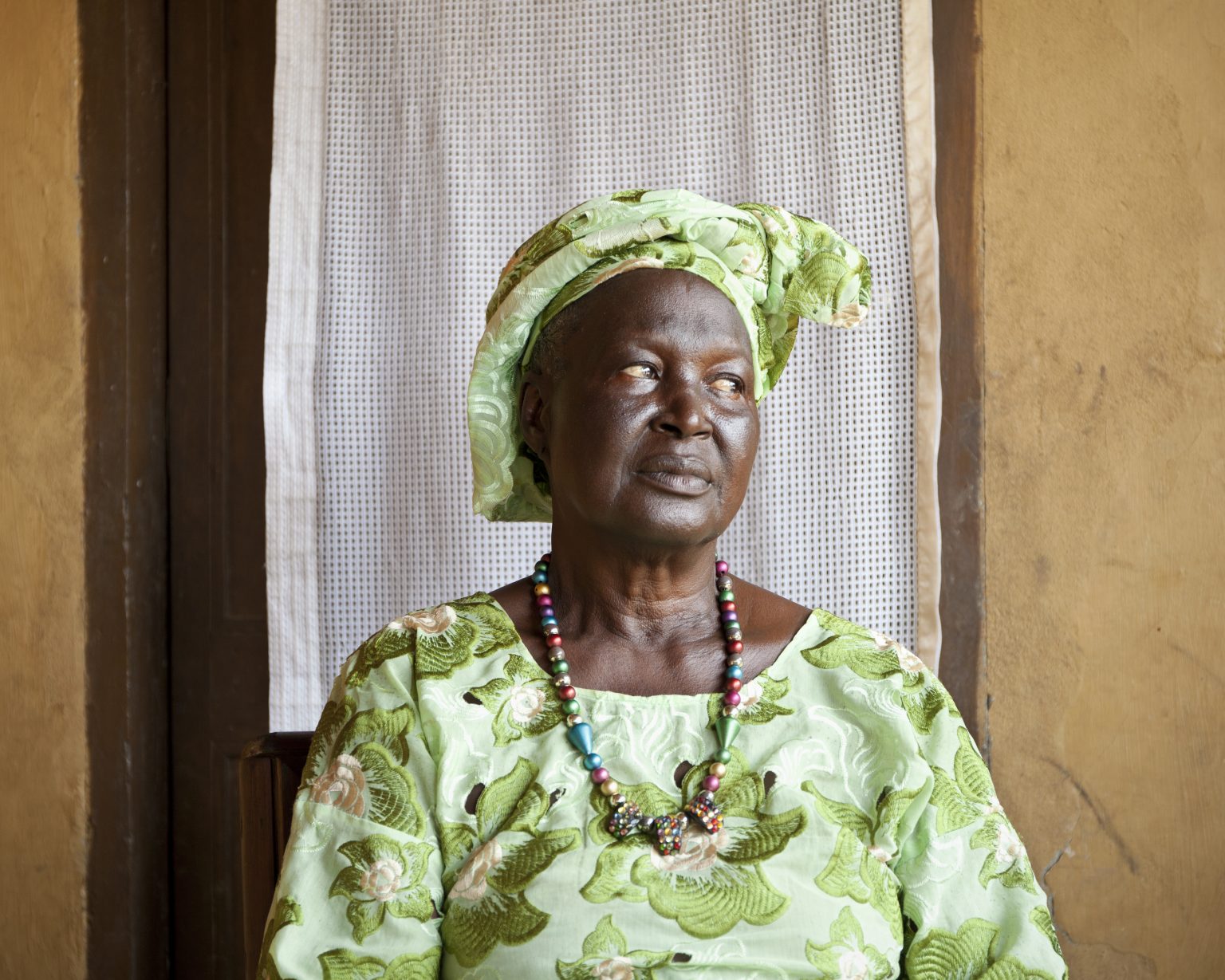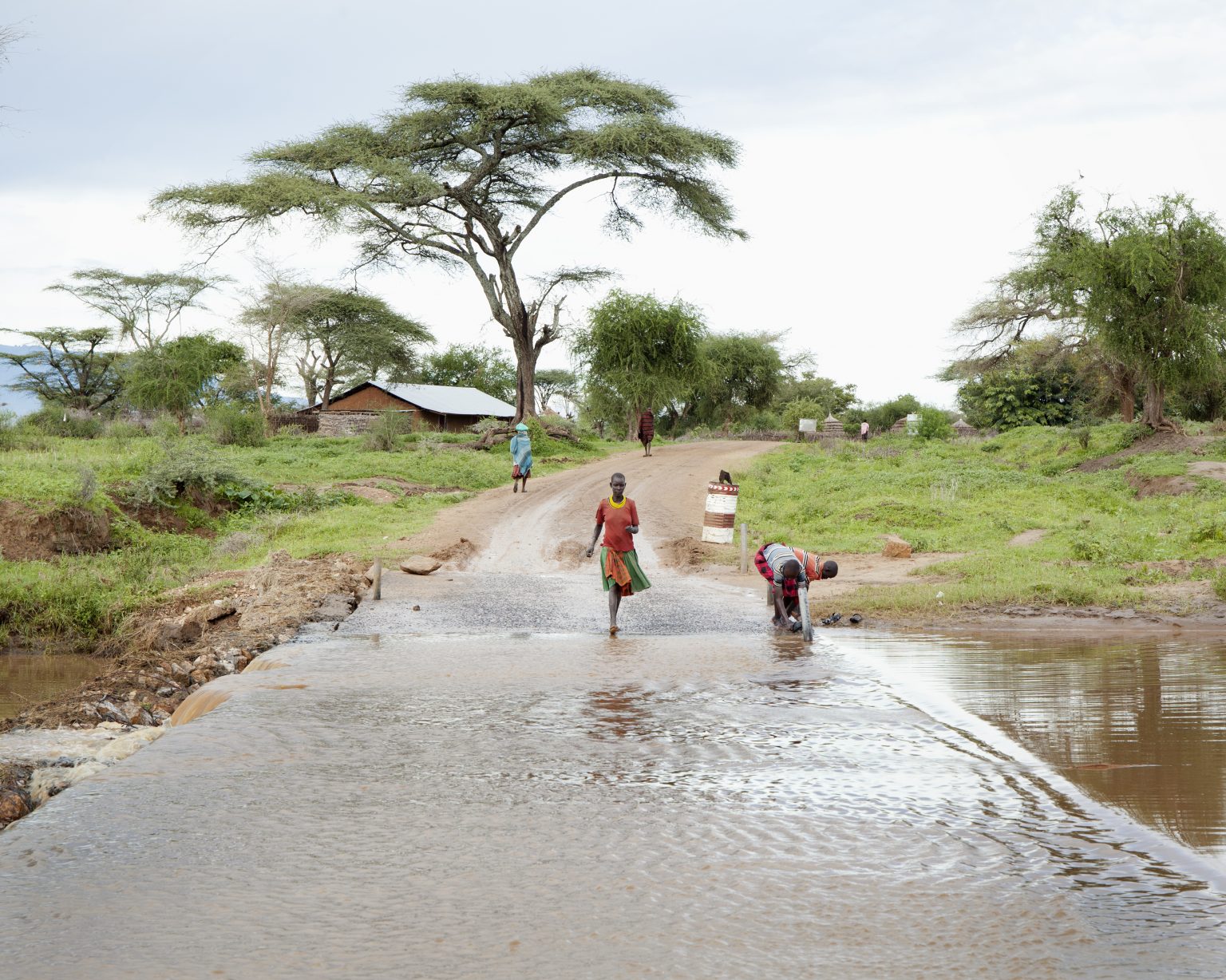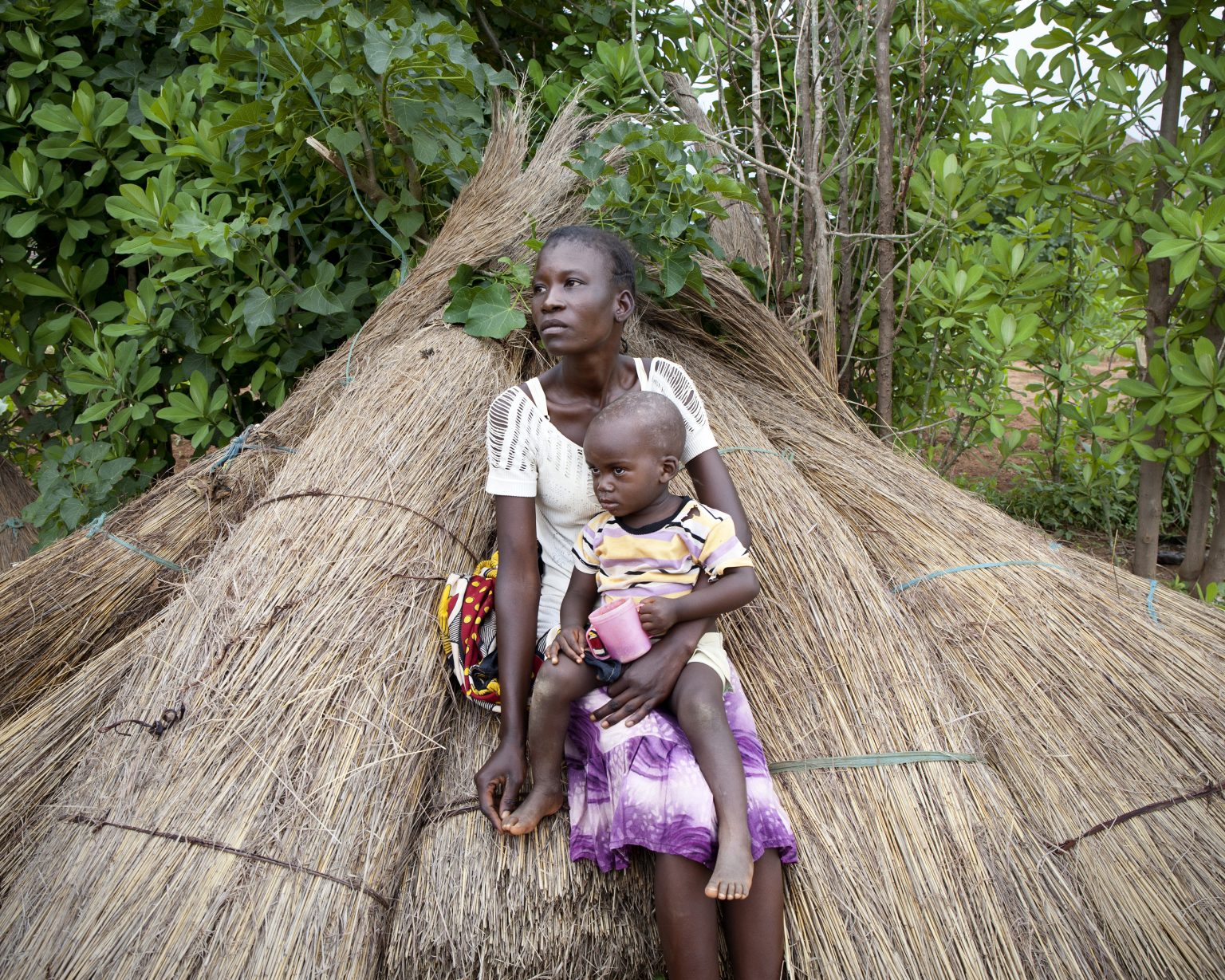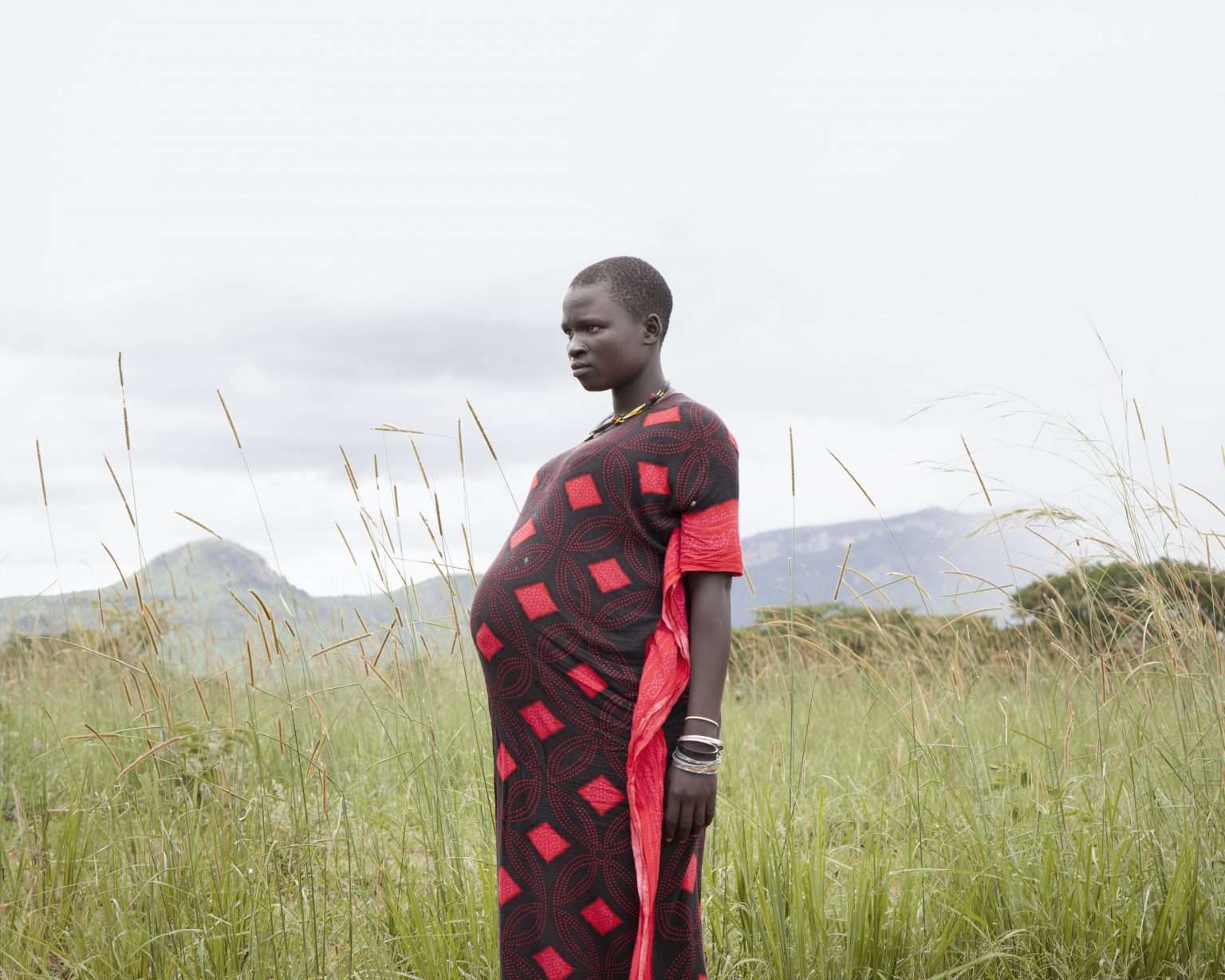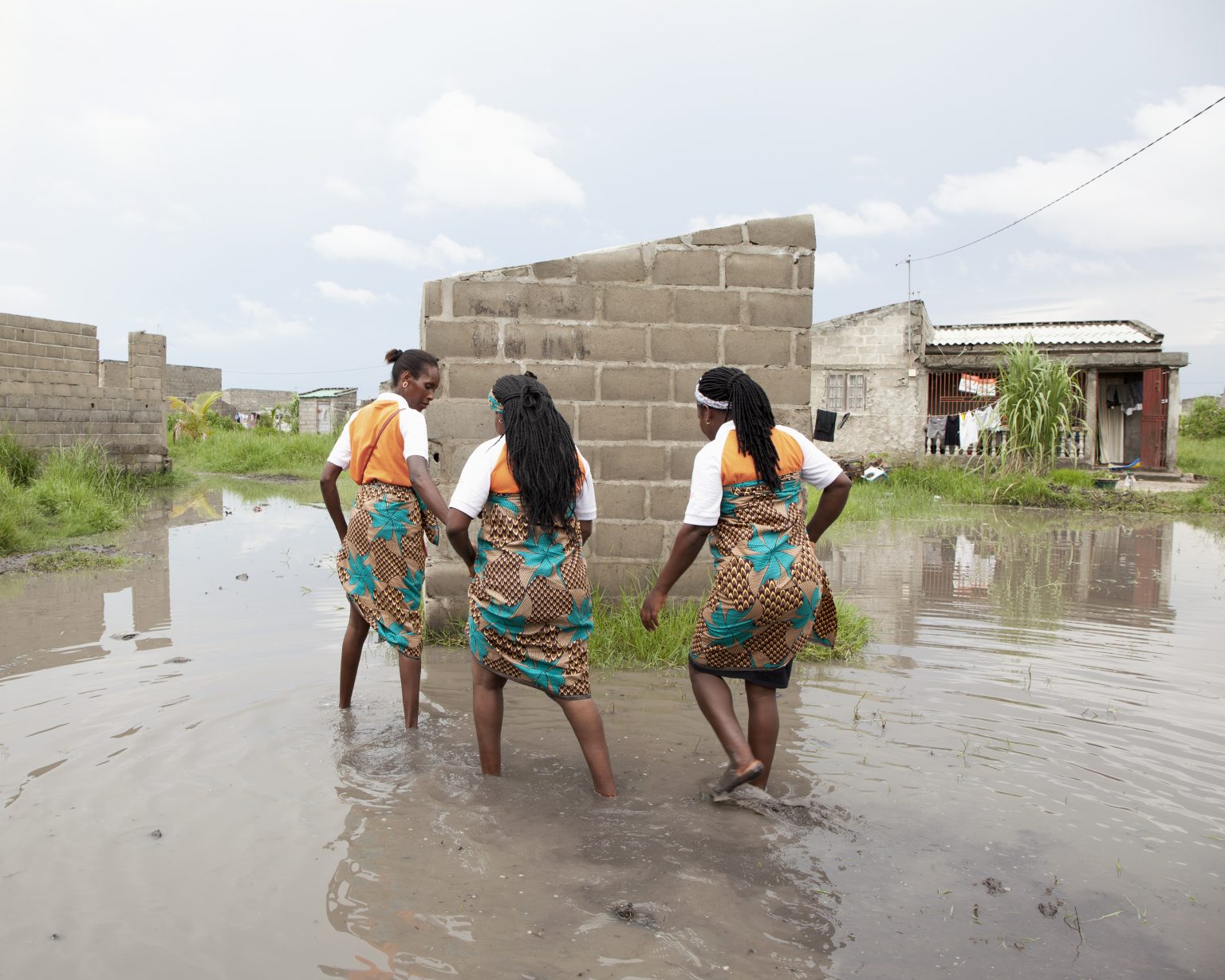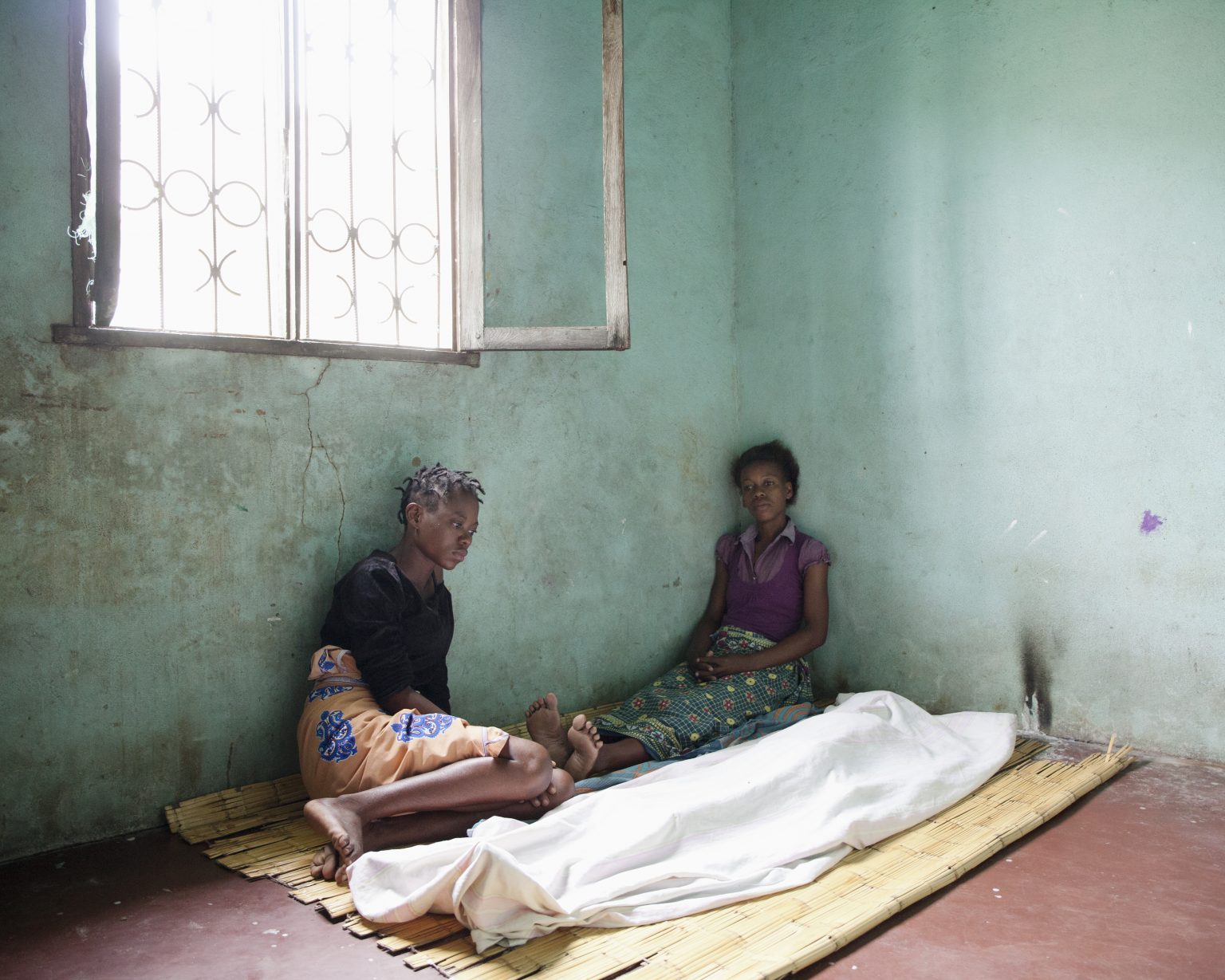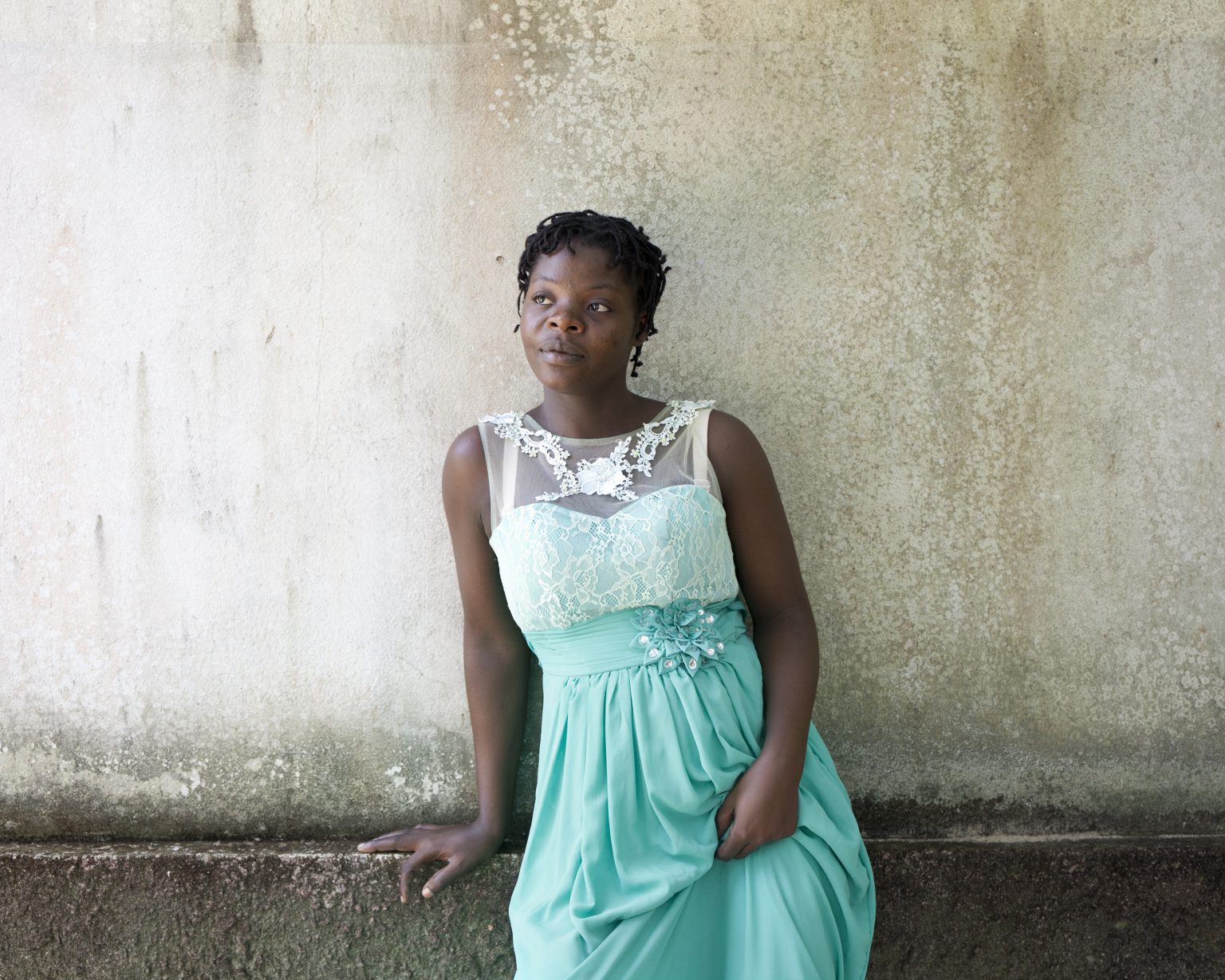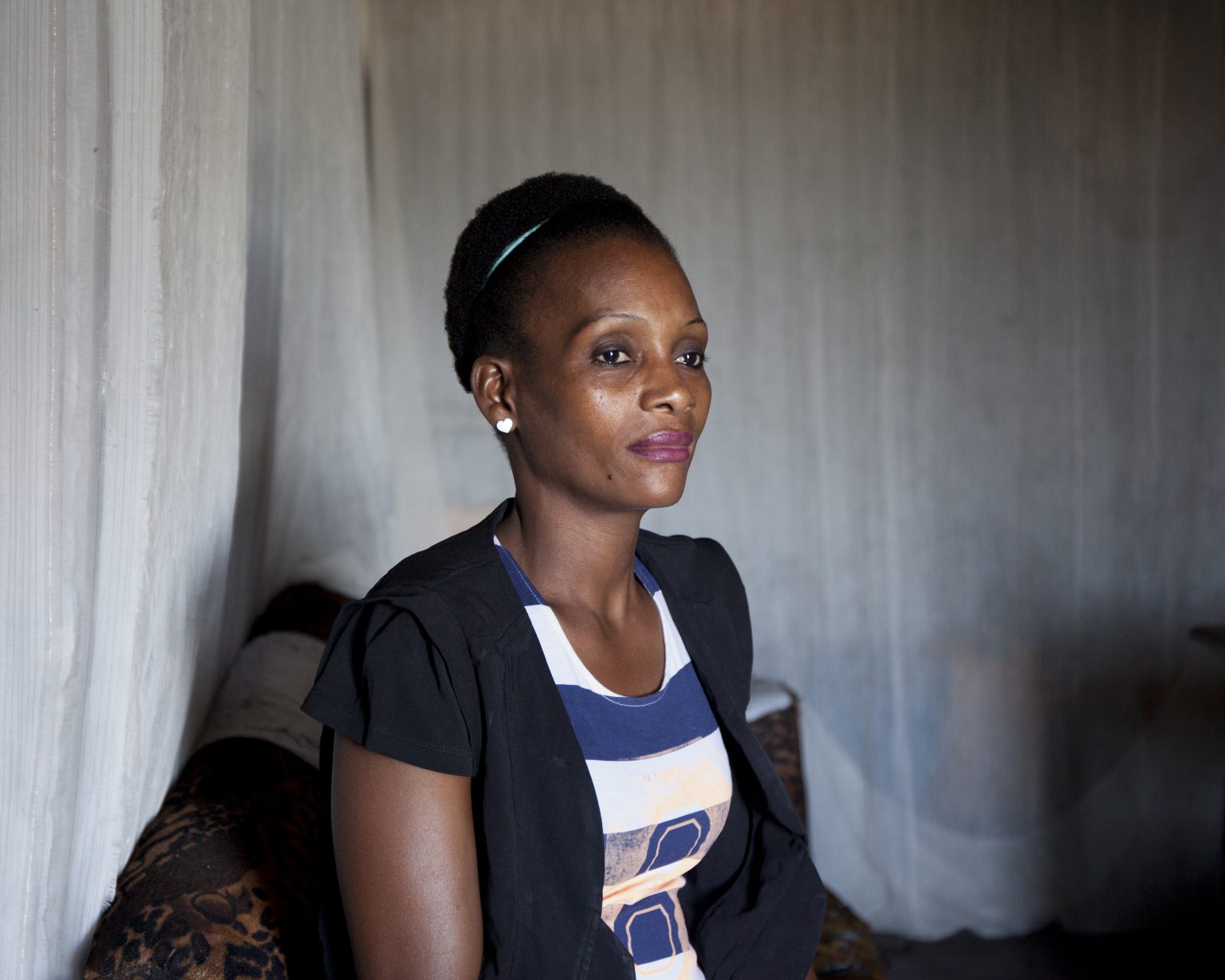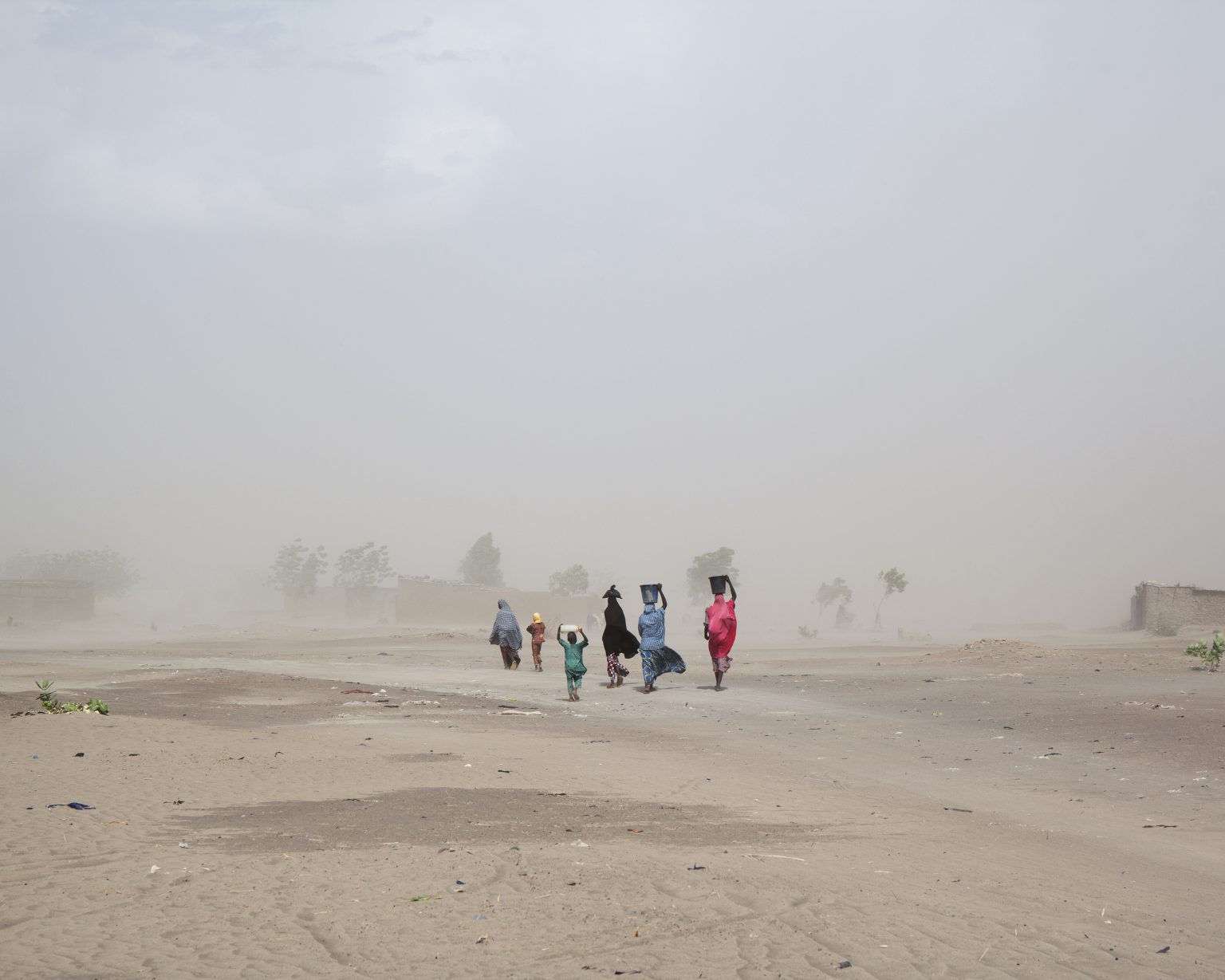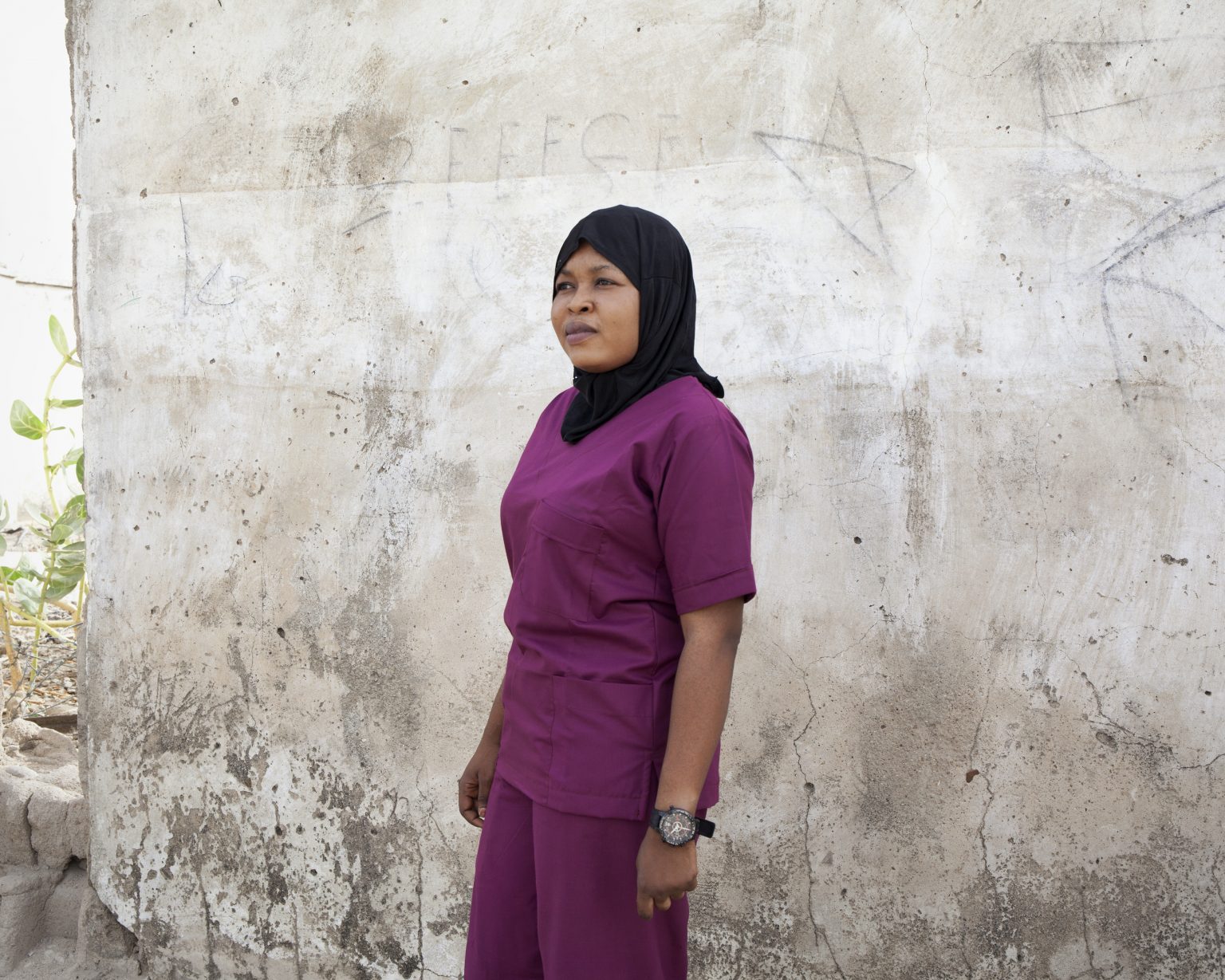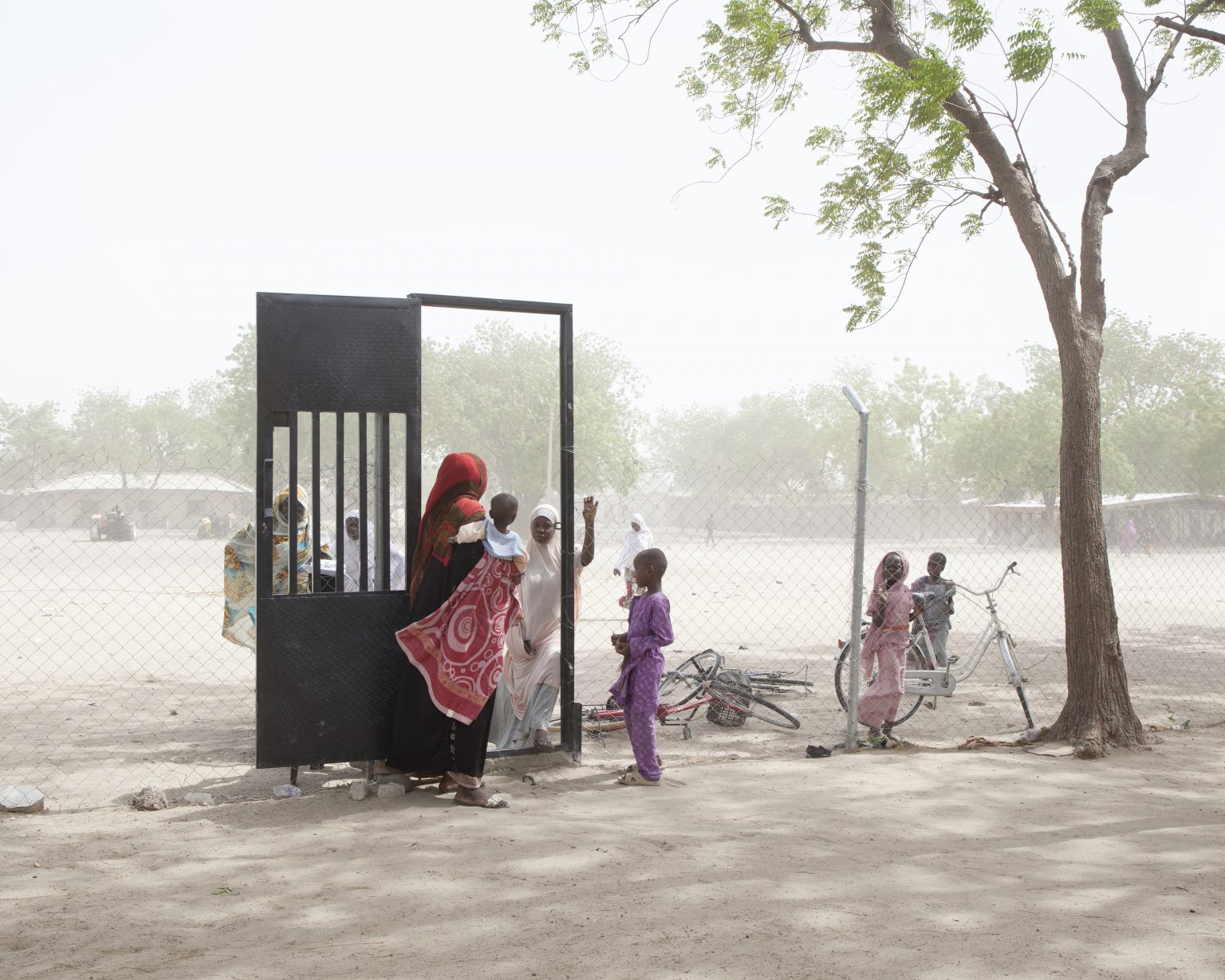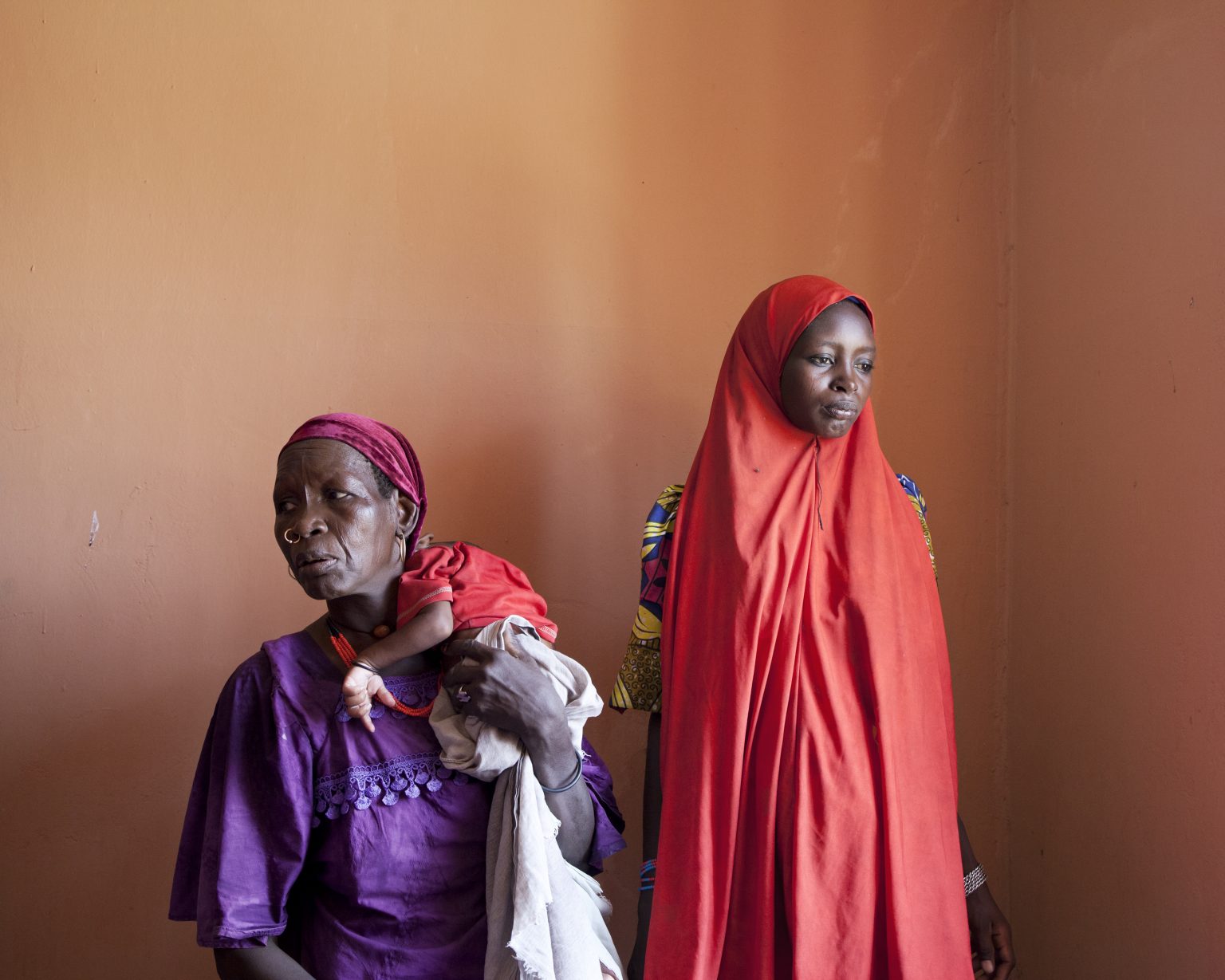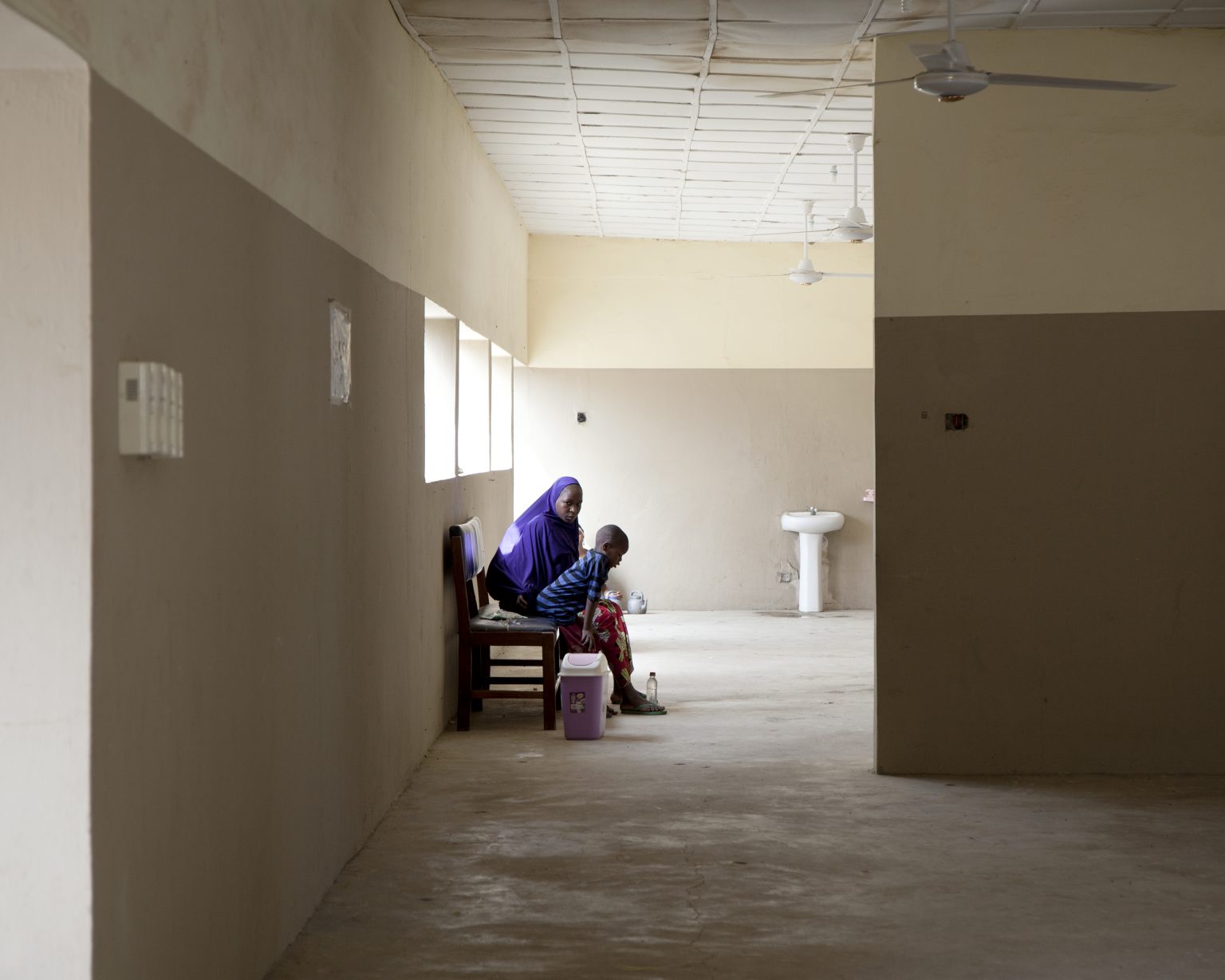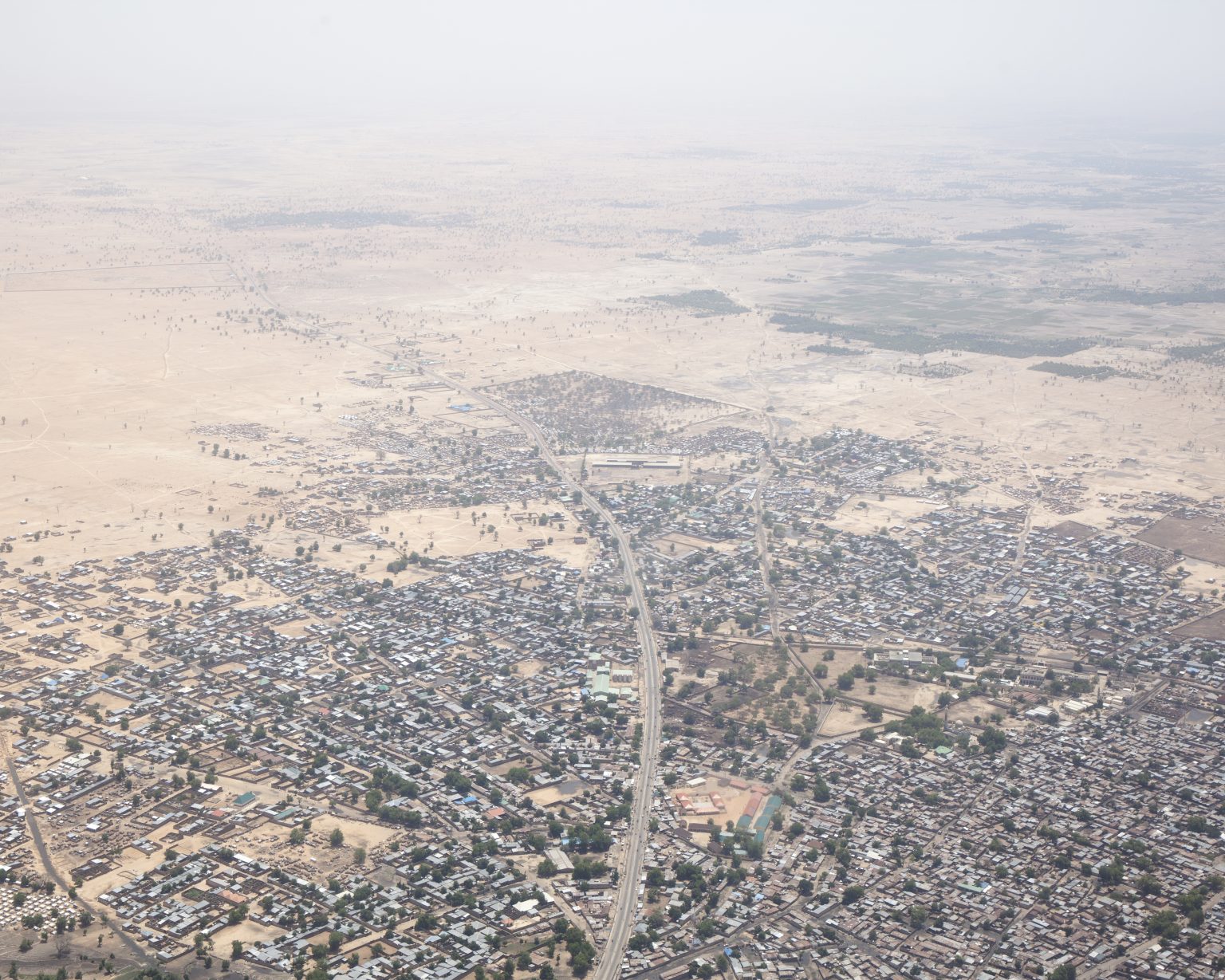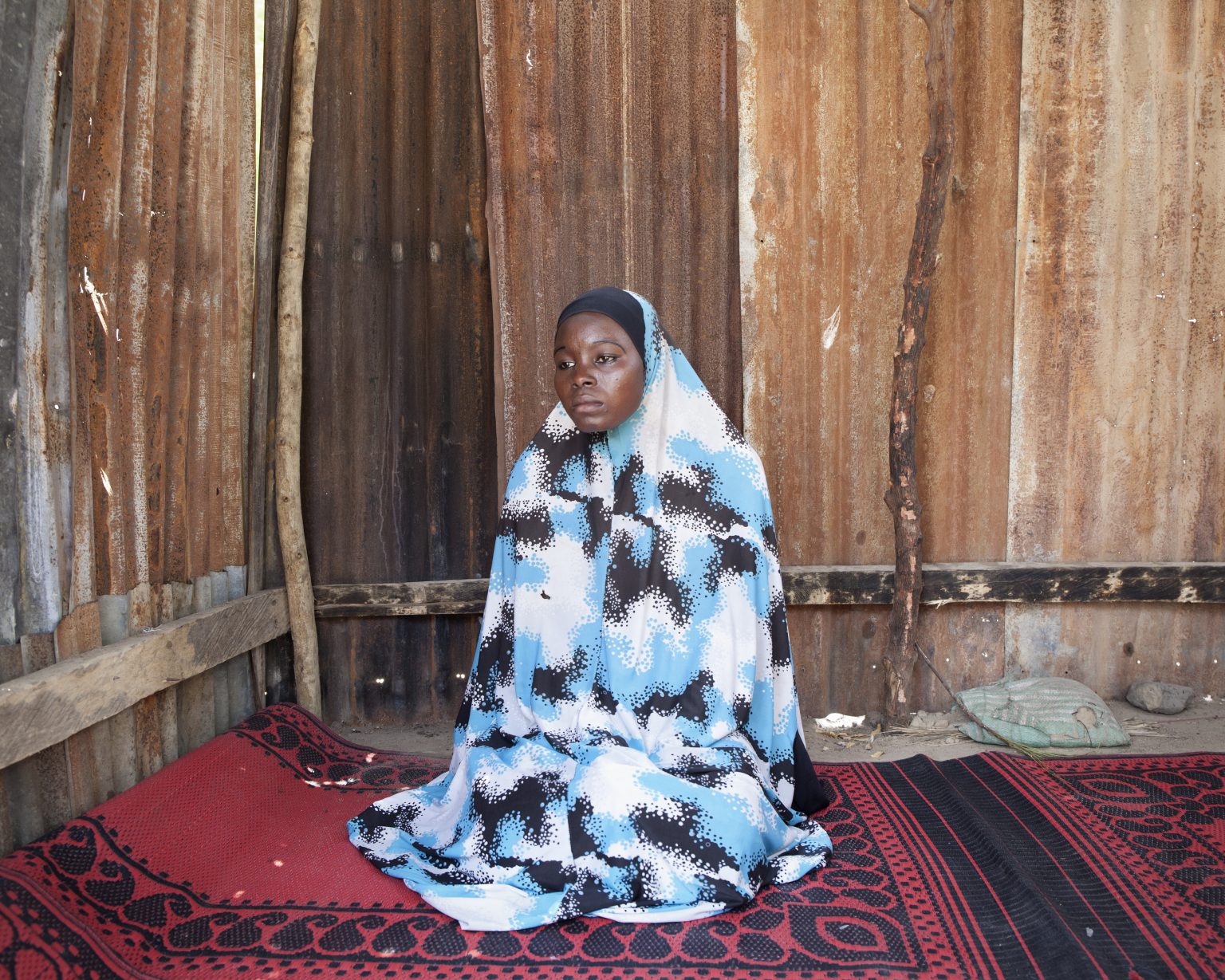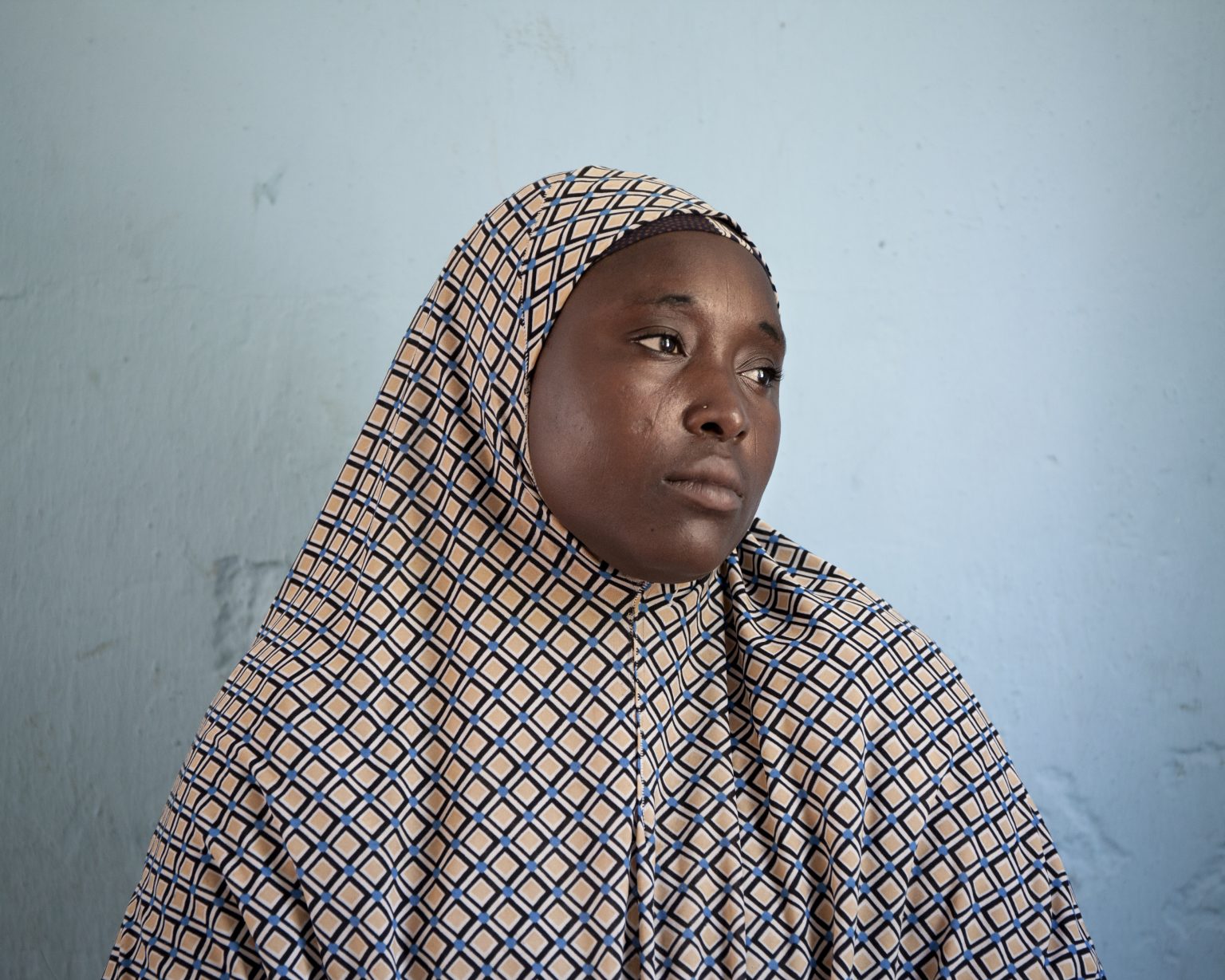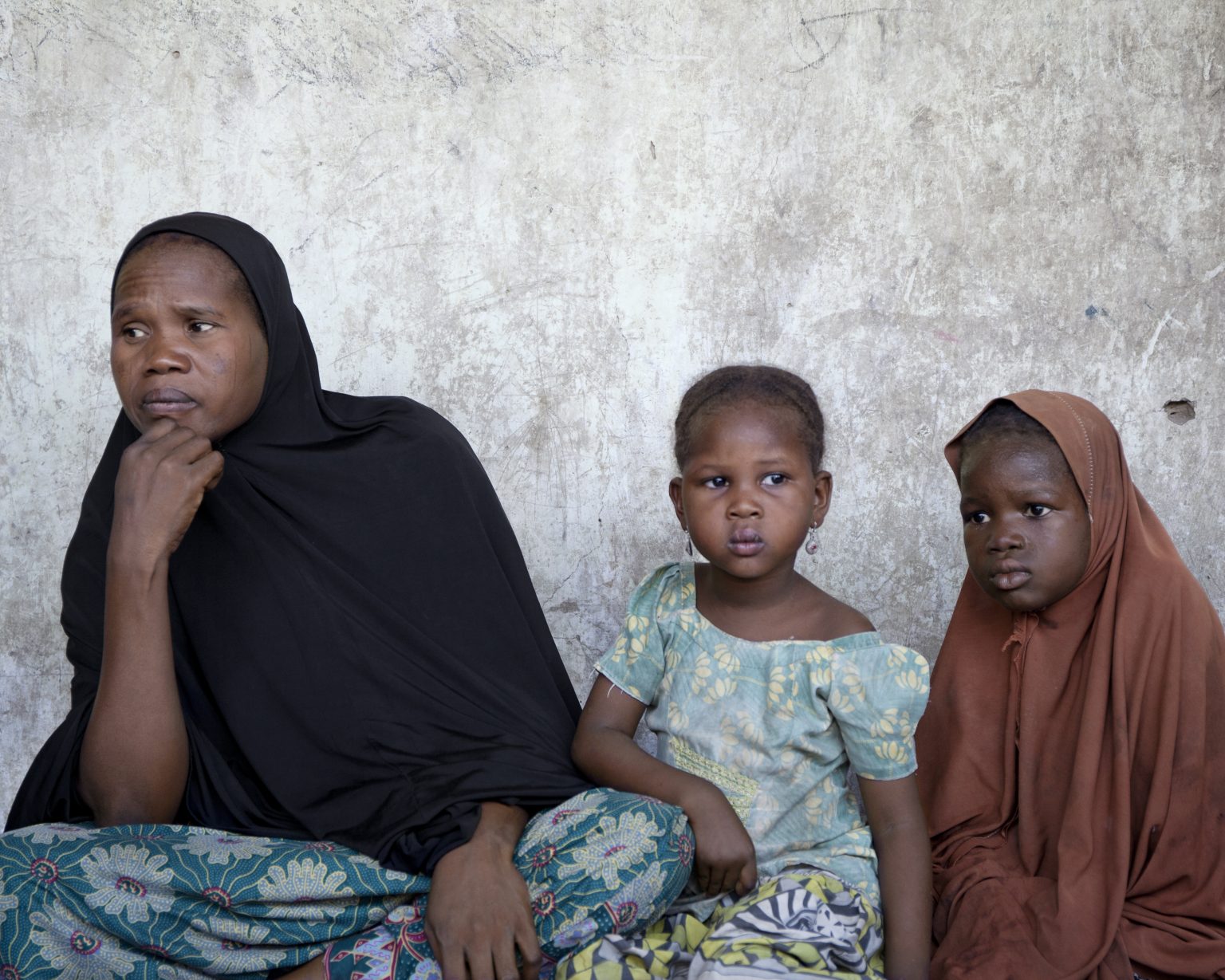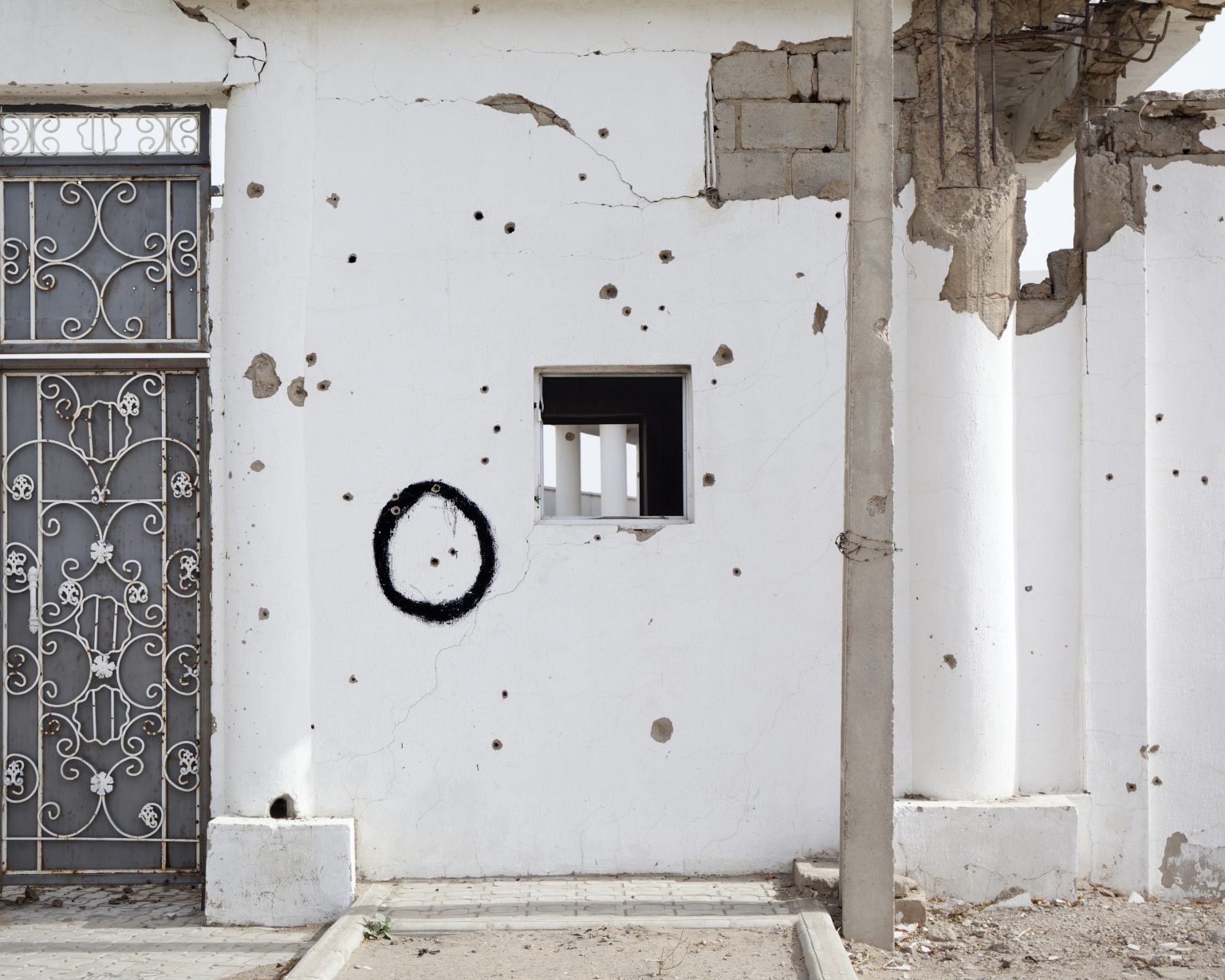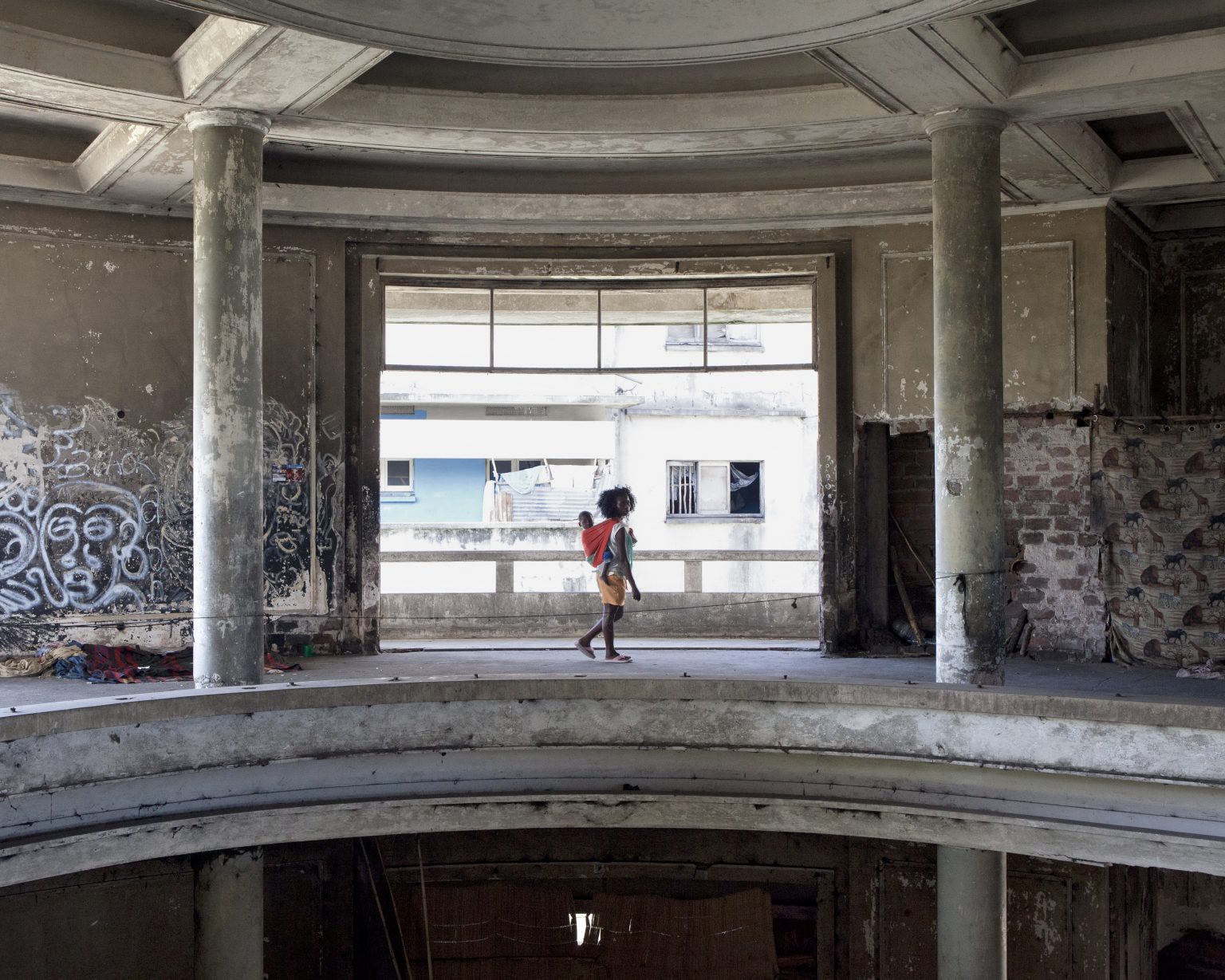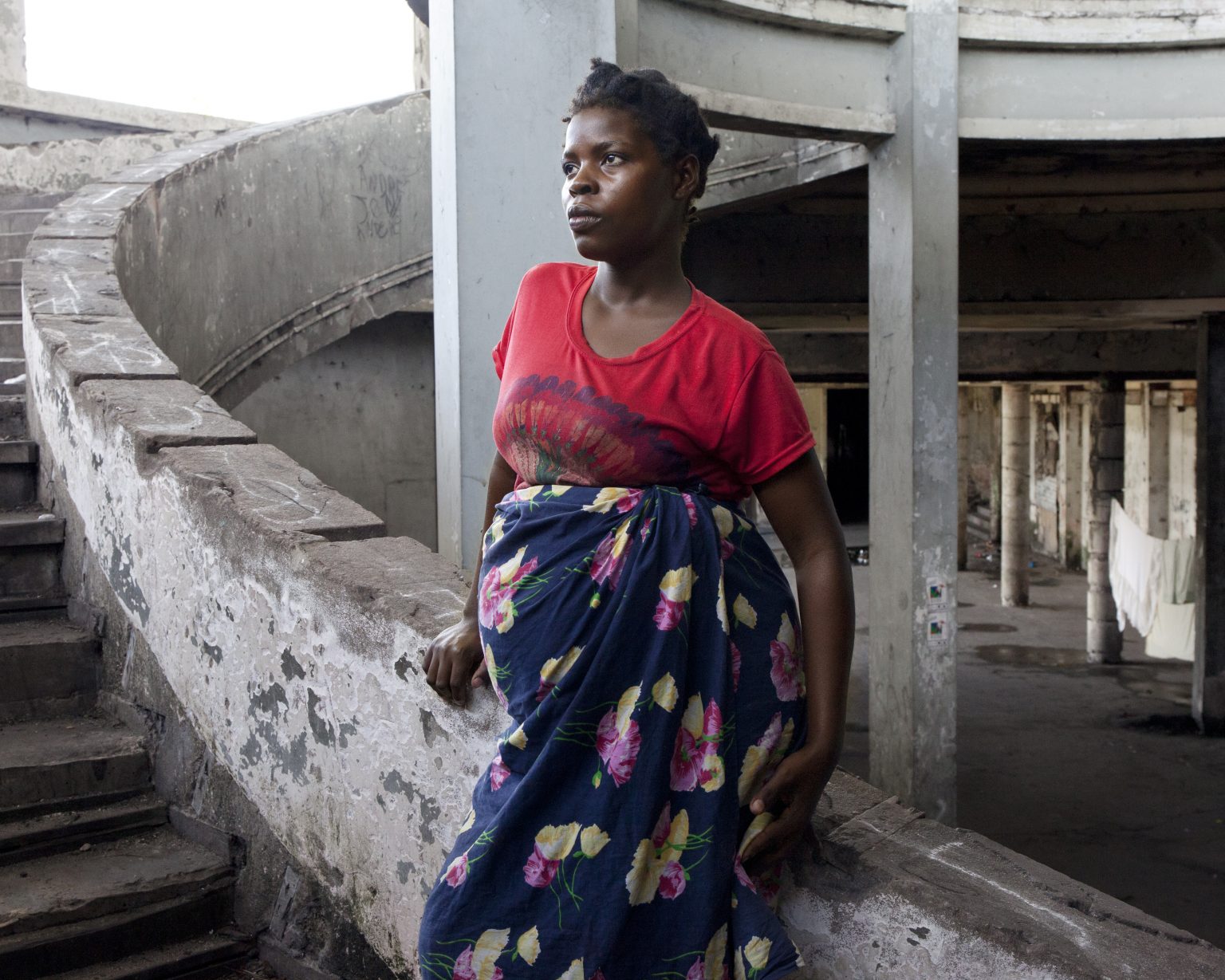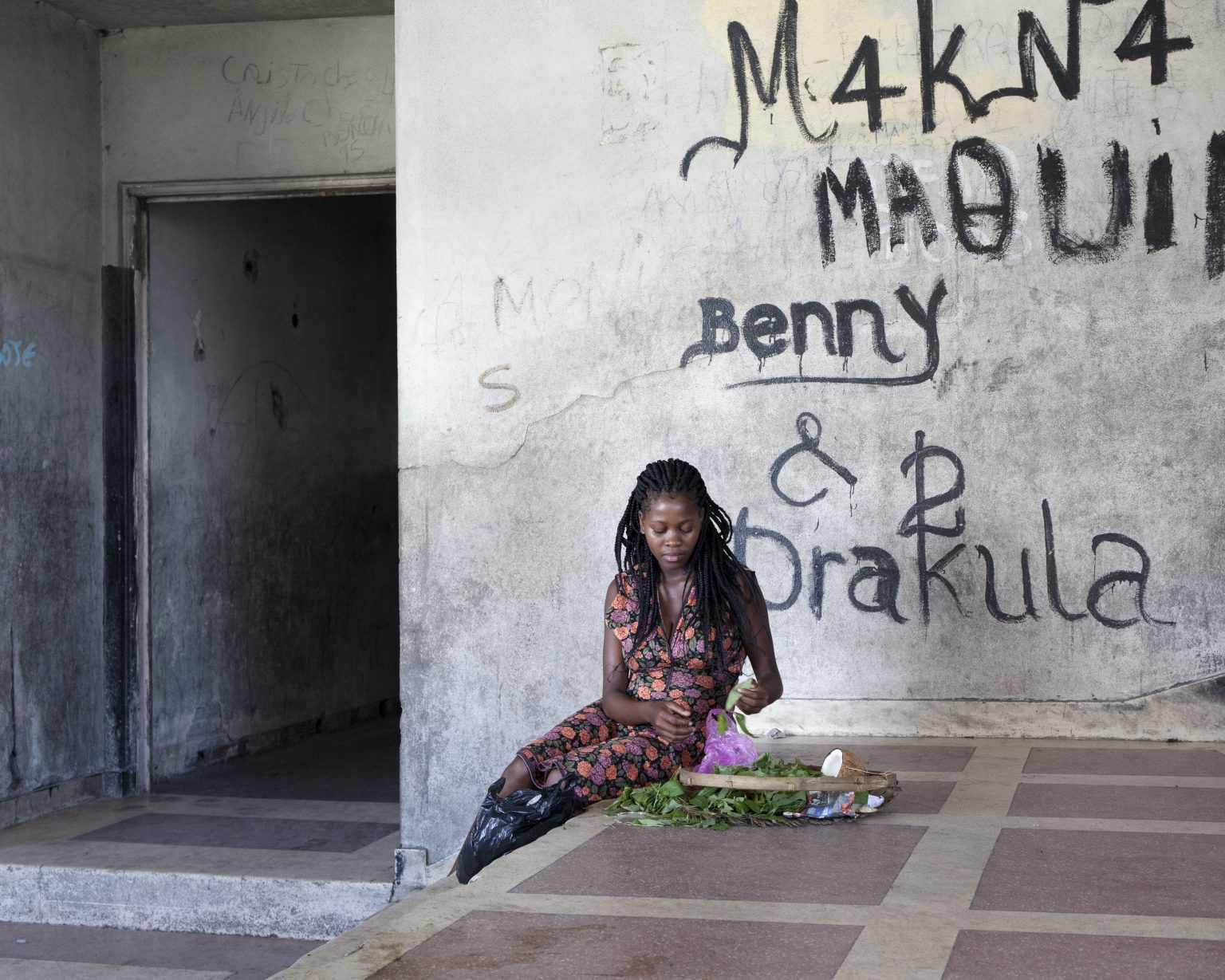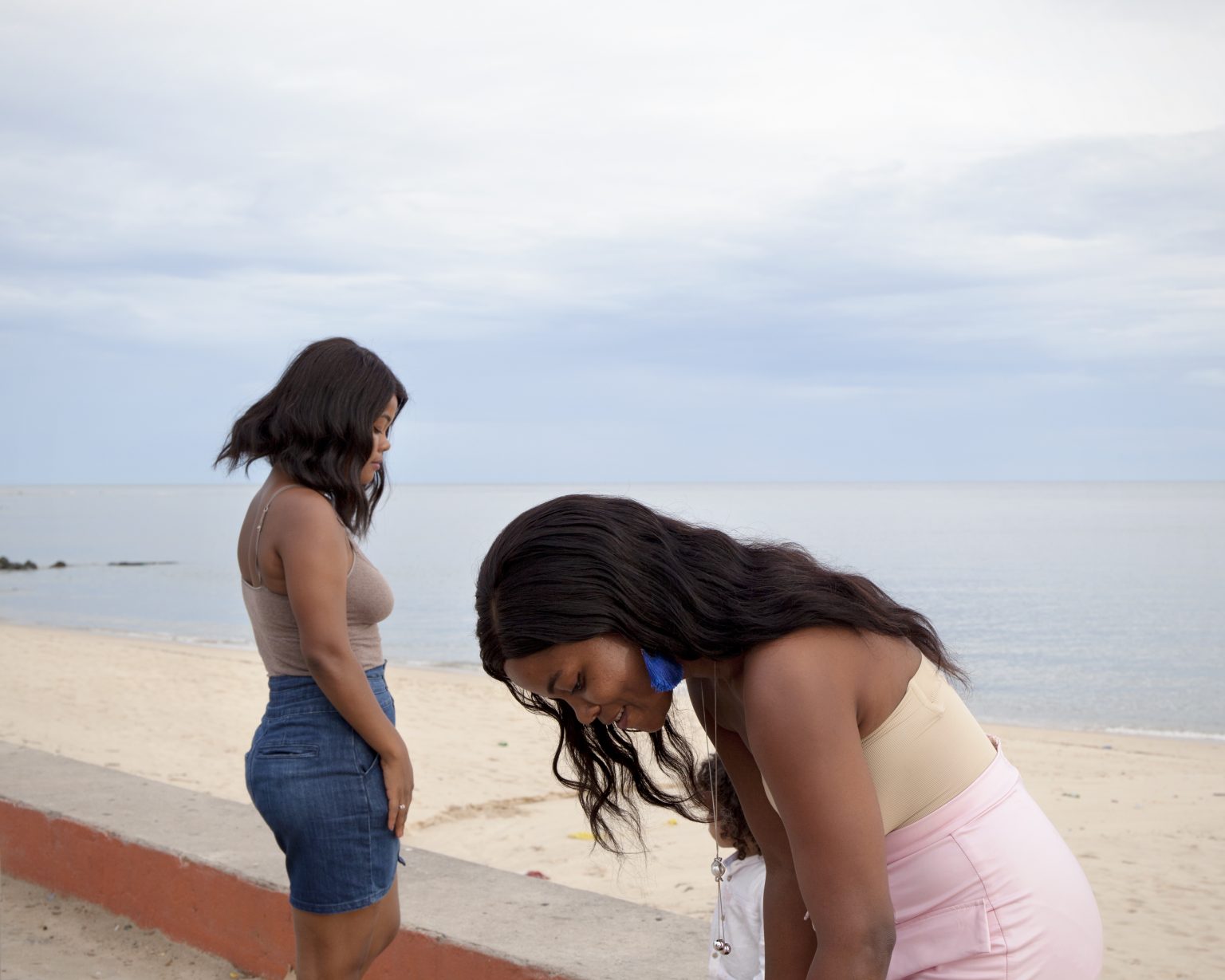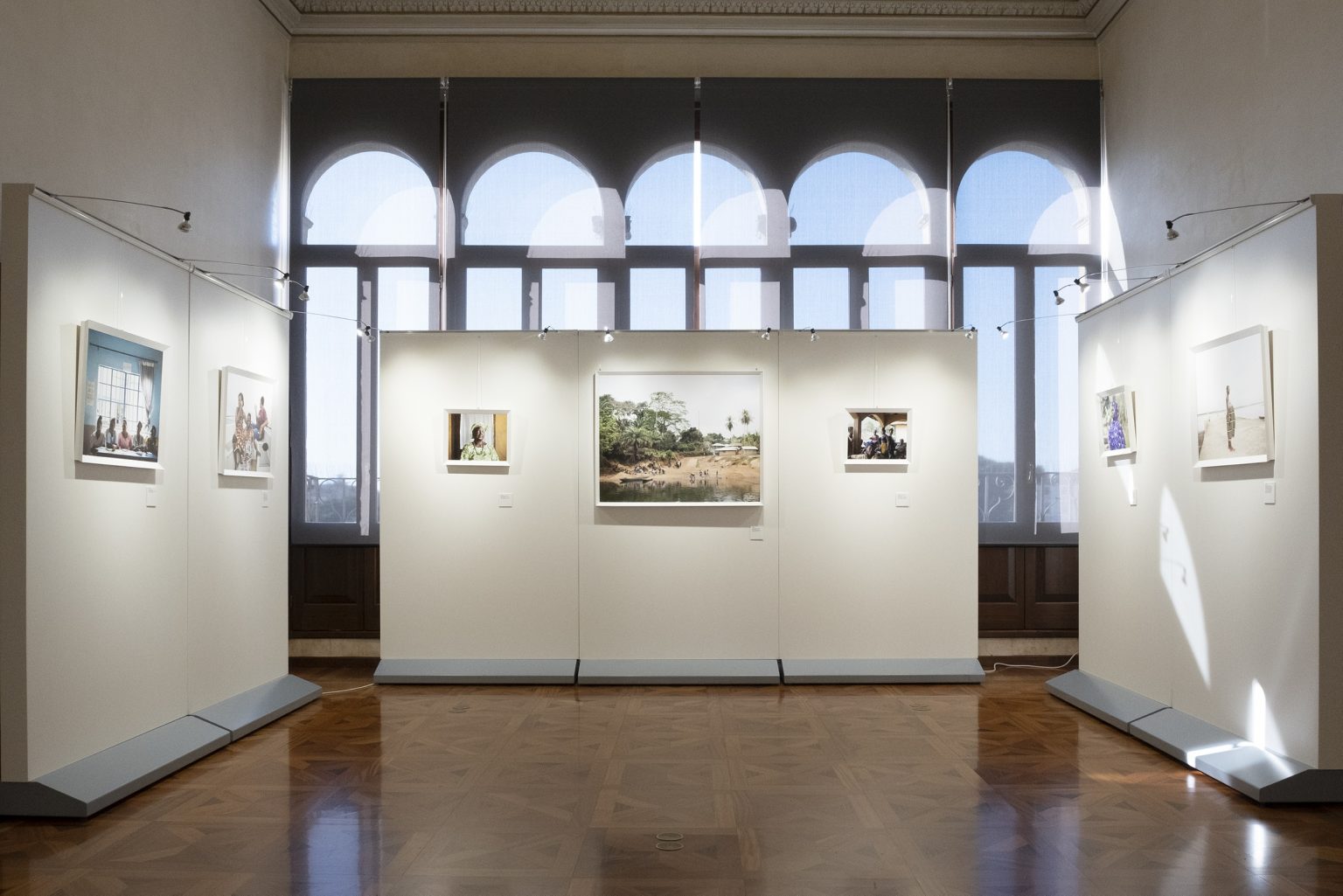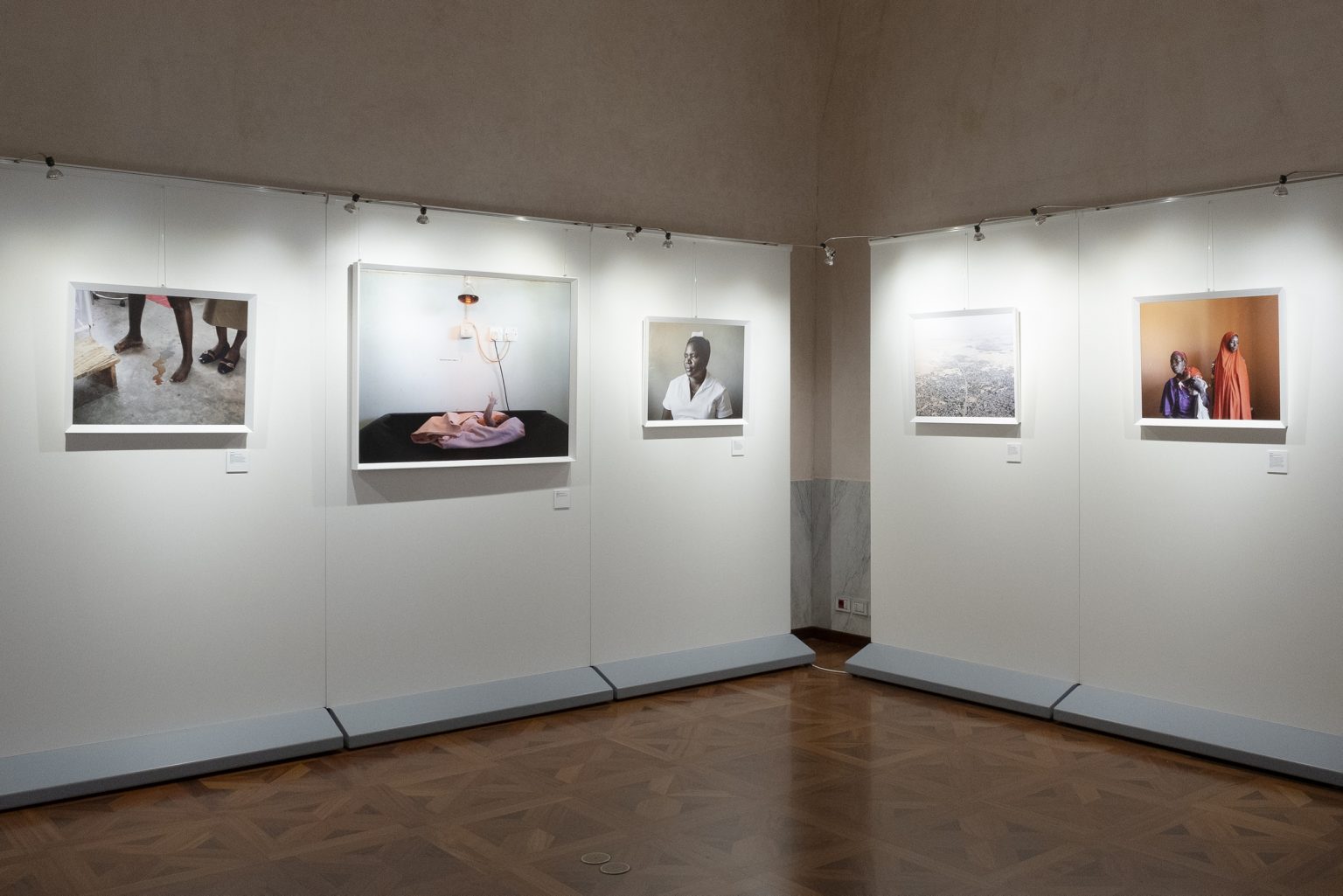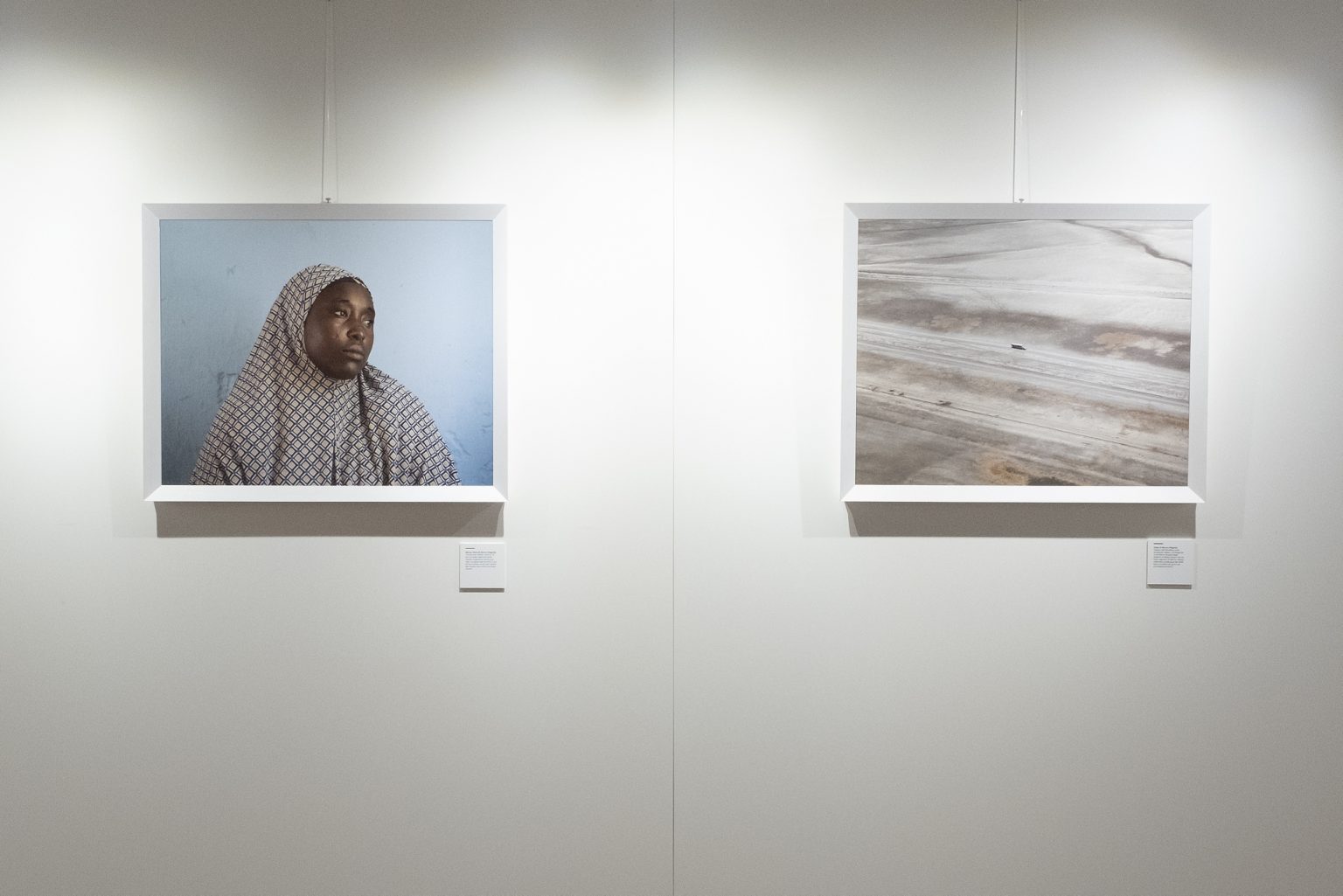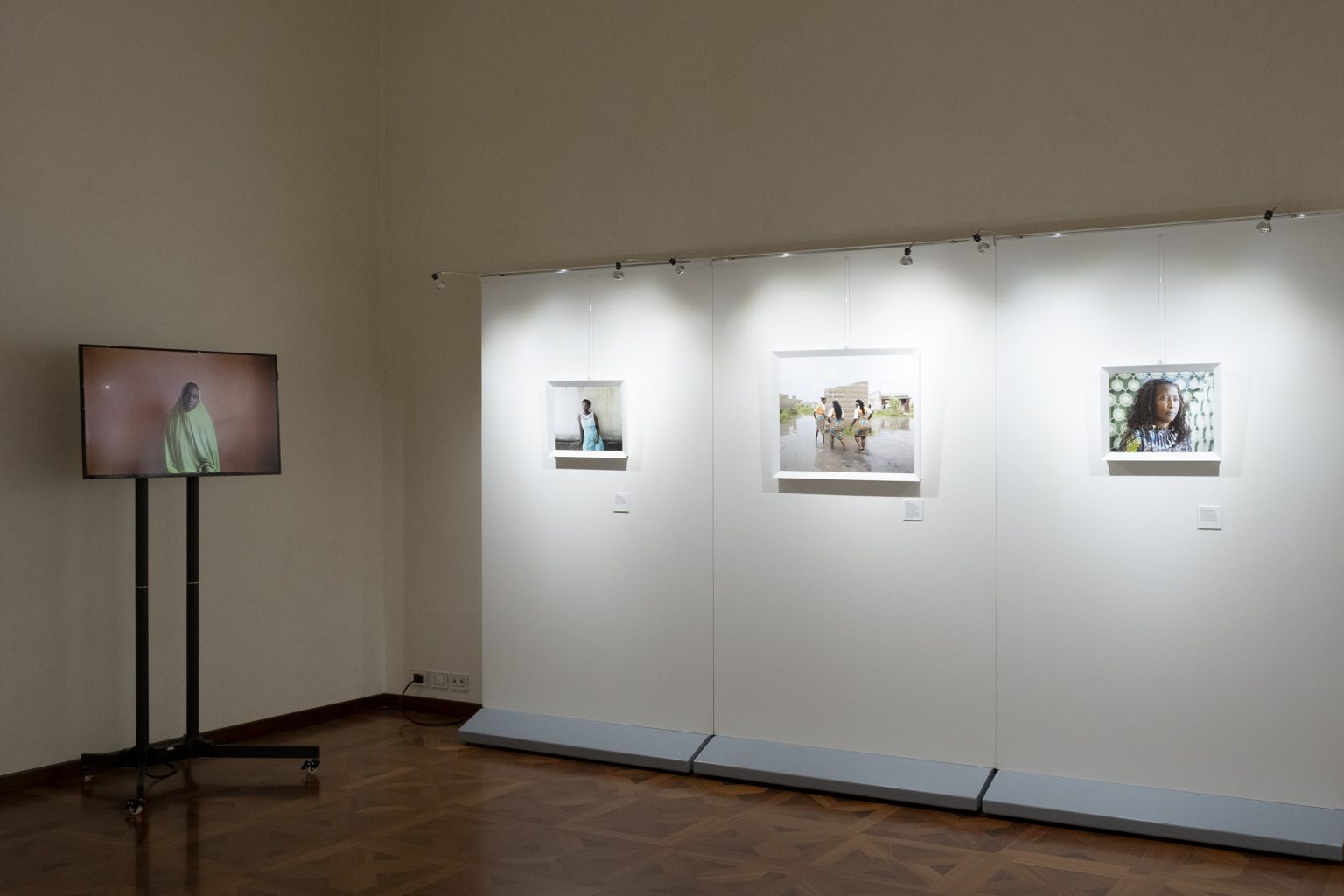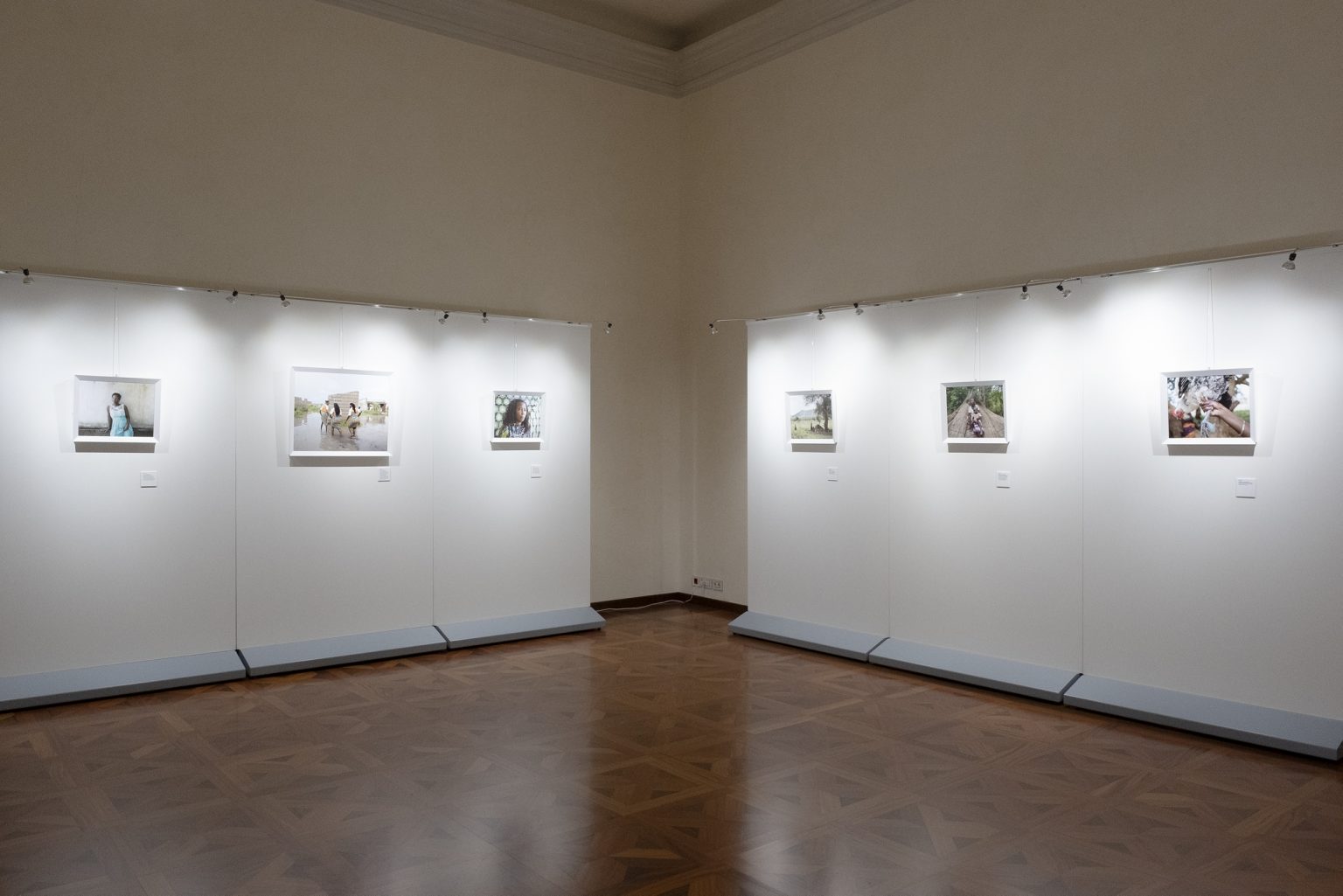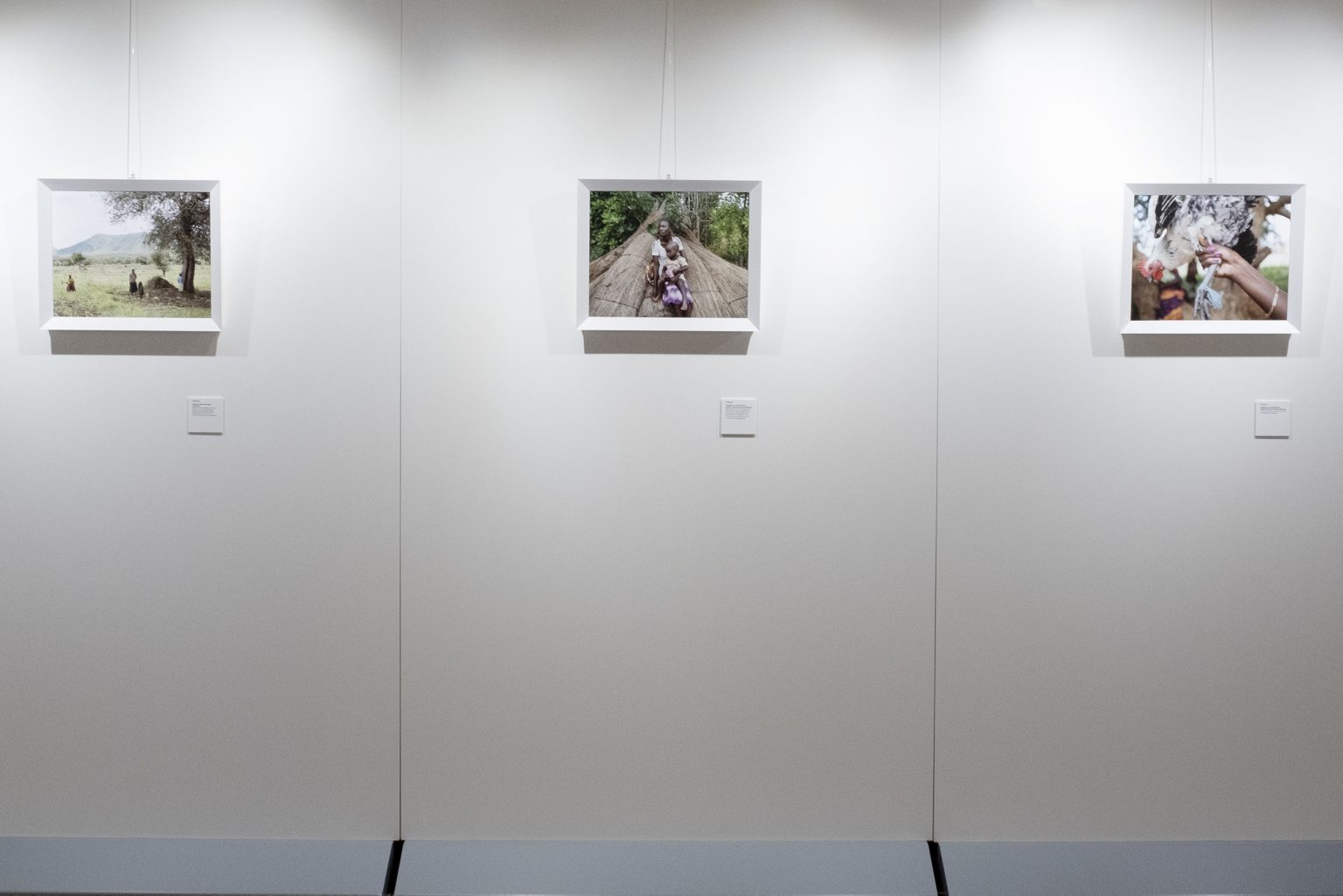Crossing the River
Despite the progress, 66% of the global mortality for pregnancy related causes still occurs in Subsaharan Africa only. Over her reproductive lifespan, an African woman has one chance in 36 of dying during childbirth, while for a European or North American mother the risk is only one in 4,900. The most frequent cause of death is hemorrhage, followed by infections at childbirth, hypertension during pregnancy, and abortions practiced in precarious hygiene conditions. In many rural areas, access to health facilities is hard due to poor road conditions; health staff is not enough; frequent teenage pregnancies increase complications. Even some traditional believes can obstruct safe childbirths, as well as poverty and gender inequality.
The project is focused on four African areas with very poor women’s health indicators: Bonthe District in Sierra Leone, the country with the highest maternal mortality rate in the world (1,360 per 100,000 live births); the Ugandan region of Karamoja, whose maternal mortality rate (750) is double compared to the national statistics; Borno State in north-eastern Nigeria, where the attacks of Boko Haram have destroyed two thirds of the health facilities, and the maternal mortality rate has increased to 1,149 deaths per 100,000 live births; the town of Beira in Mozambique, with one of the highest spreads of HIV in the country, a virus that dramatically affects women’s reproductive health.
In these places there are female health professionals exceptionally dedicated to their work and to women’s health, who have been making a difference, within their communities, in increasing women’s access to healthcare services.
Festival Photo Open Up – Palazzo Angeli, Padova, 2019

